The great horned, aside from trashing her box every single night, is doing well where she is for the moment, and I wanted to give the red tail one more week because honestly, it’s not looking good for him. I suspect we’re dealing with soft-tissue damage that’s not going to heal, as he’s not attempting to fly at all, instead running away from me and then toward his food as I leave the raptor flight. I’ll probably call it, reluctantly, on him this week…
Miss Pissy, however, should do beautifully once she’s in the raptor flight. She’s lost absolutely zero of her wild edge, hissing and snapping and lunging up at me even as I drop her food in her box. I love it! (Yeah, raptor rehabbers are weird that way; we LIKE to see our birds full of piss and vinegar.)
Finally, I’m not licensed for rabies vector species (RVS) and seldom take them in, as it means transferring them to a rehabber who is RVS-licensed. I usually just refer people directly to her. However, last Monday, I received two bat calls, one from the public and one from one of my local game wardens. Because I have a major soft spot for bats and because I knew I’d easily be able to transfer them to the RVS-licensed rehabber a few counties away, I agreed to take both. While both were supposedly en route I made arrangements to transfer the next day. The game warden showed up a few hours later, but the public caller never brought his and never responded to my follow-up calls. Given that the bat had been found grounded and apparently had a broken wing, I’m guessing that one didn’t survive to even reach LWR.
The one the game warden brought had been found in a neighboring county and somehow ended up at a gas station in Laurens County. He could never get a straight story on exactly how that happened, and at that point the main thing was to get the bat away from the people who had it. On intake at LWR, the poor fellow, a little brown bat, looked rough but seemed active if badly dehydrated, which remained a problem; I simply could not keep him hydrated. But he remained active, so I was hopeful he’d be okay for the night and ready for transfer the next morning.
Let me issue a caveat here: while less than one half of one percent of the bat population is likely to have rabies, they ARE still considered rabies vectors and CAN contract the disease and spread it to you if they bite you—or at the very least, cost you a goodly sum in post-exposure vaccine expenses.
Often, grounded bats are already sick or dying, although sometimes a female still allowing her near-grown pups to cling to her will end up grounded from the sheer weight of her babies. If you see a grounded bat, DO NOT handle it without gloves—and I don’t mean thin exam gloves either; you need thick enough gloves to protect you from a potential bite. Bat teeth are so needle sharp that you might not even realize you’ve been bitten, so take the proper precautions.
As you should do with all wildlife needing assistance, place the bat in a secure cardboard box lined with a soft, clean cloth, then immediately call a rehabber to seek help. Do not offer it food or water, as this places your hands in close proximity to those tiny, sharp teeth. Let the properly trained individuals handle this.
Why am I harping on what should be common-sense measures? Because people often don’t exhibit common sense when it comes to wildlife, and if a bat should bite you because of your improper handling of it, your pocketbook may take a hit but the bat will lose its life, as it will need to be euthanized and its head sent in for testing for rabies.
Don’t be the doofus who causes any wildlife to lose its life needlessly because of your improper handling of it. Take the proper precautions when handling any wildlife, and CALL A REHABBER for advice on how to capture, box and transport the wildlife to said rehabber or one of his/her colleagues.
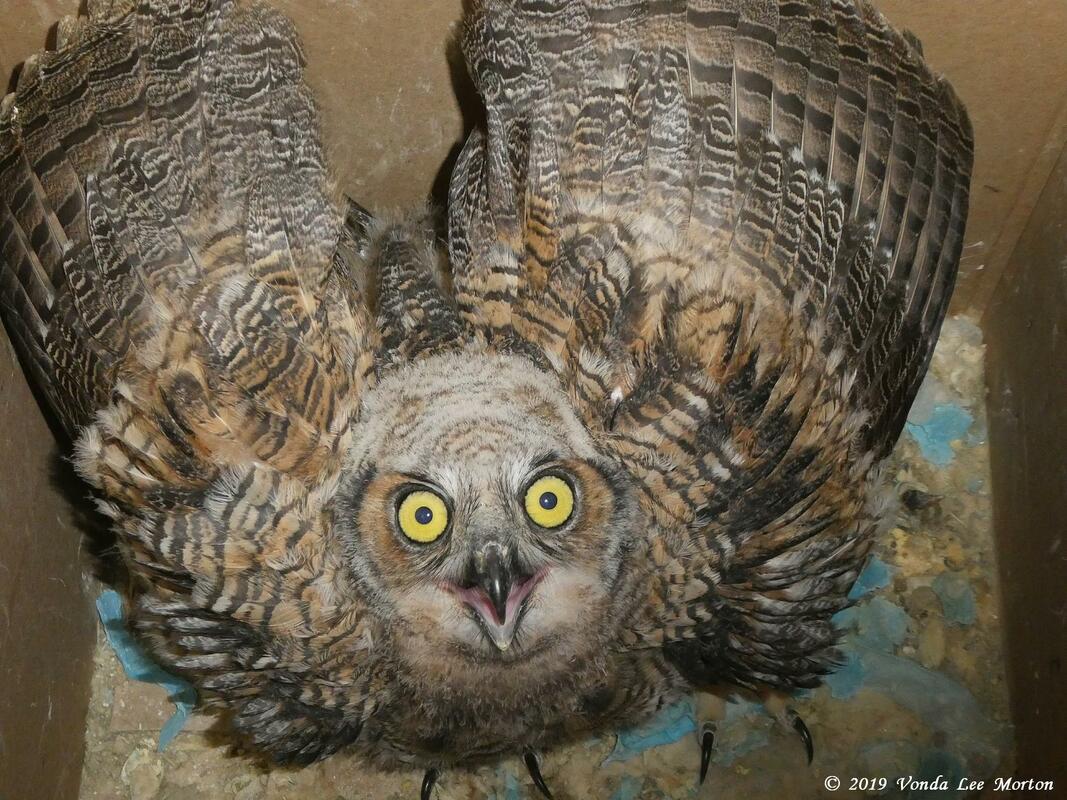

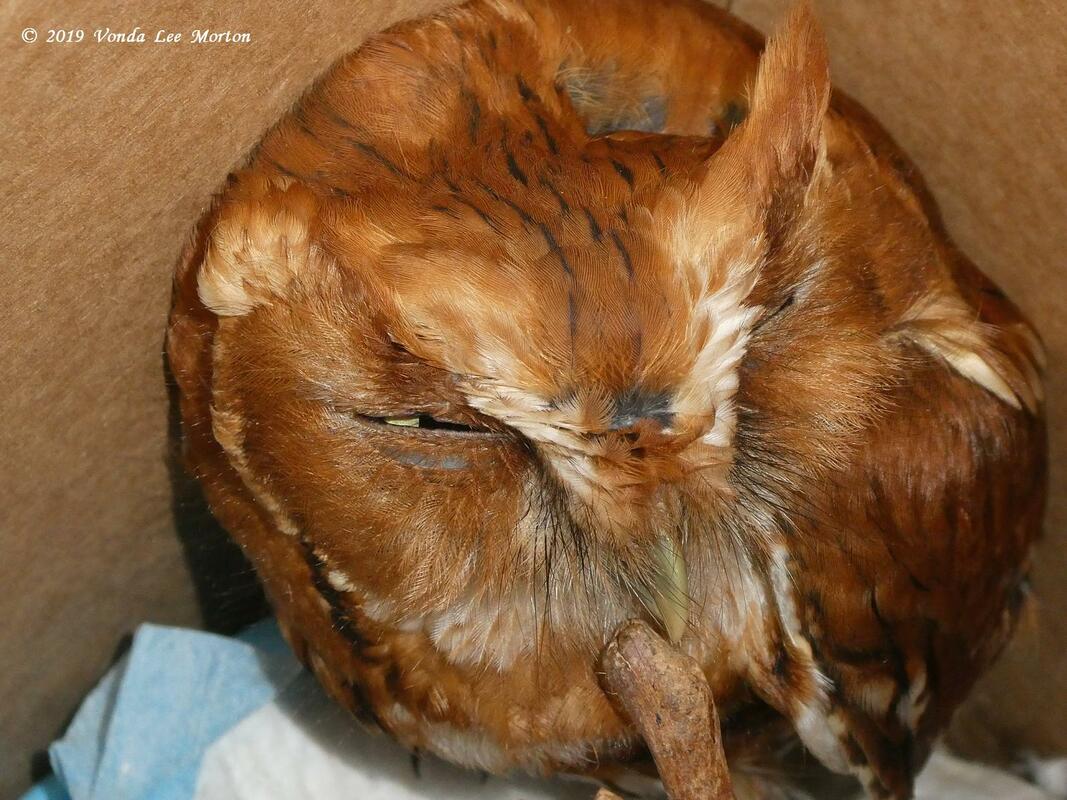
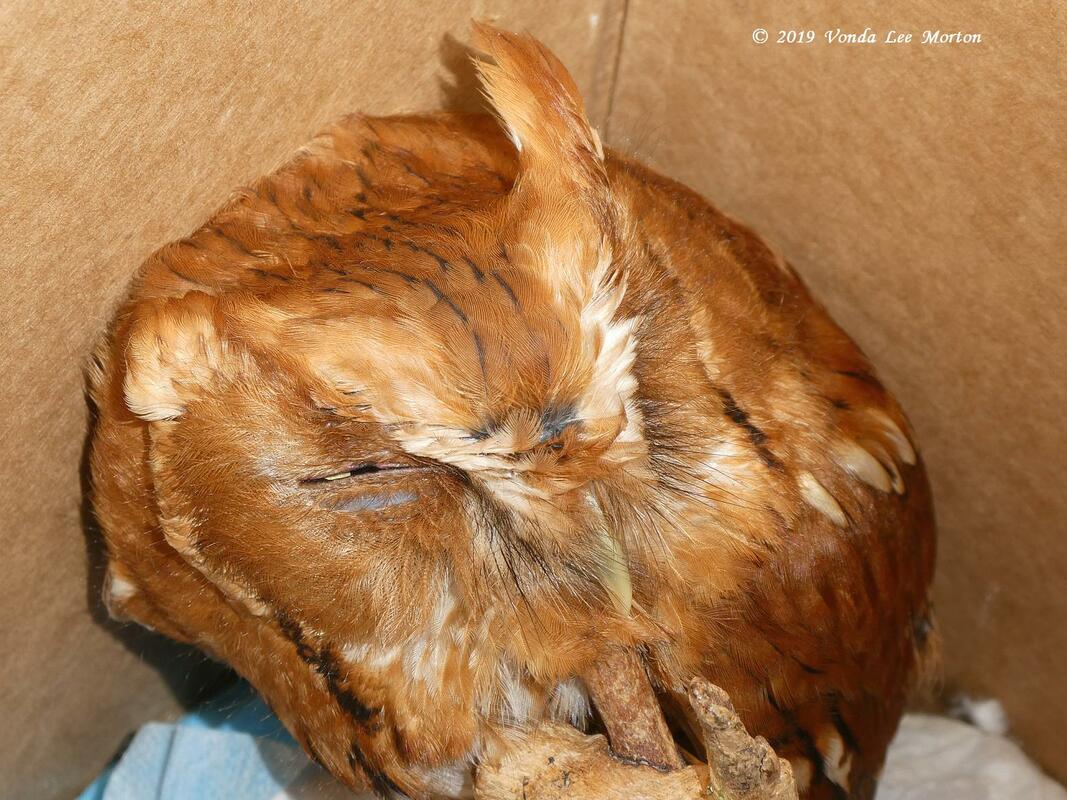
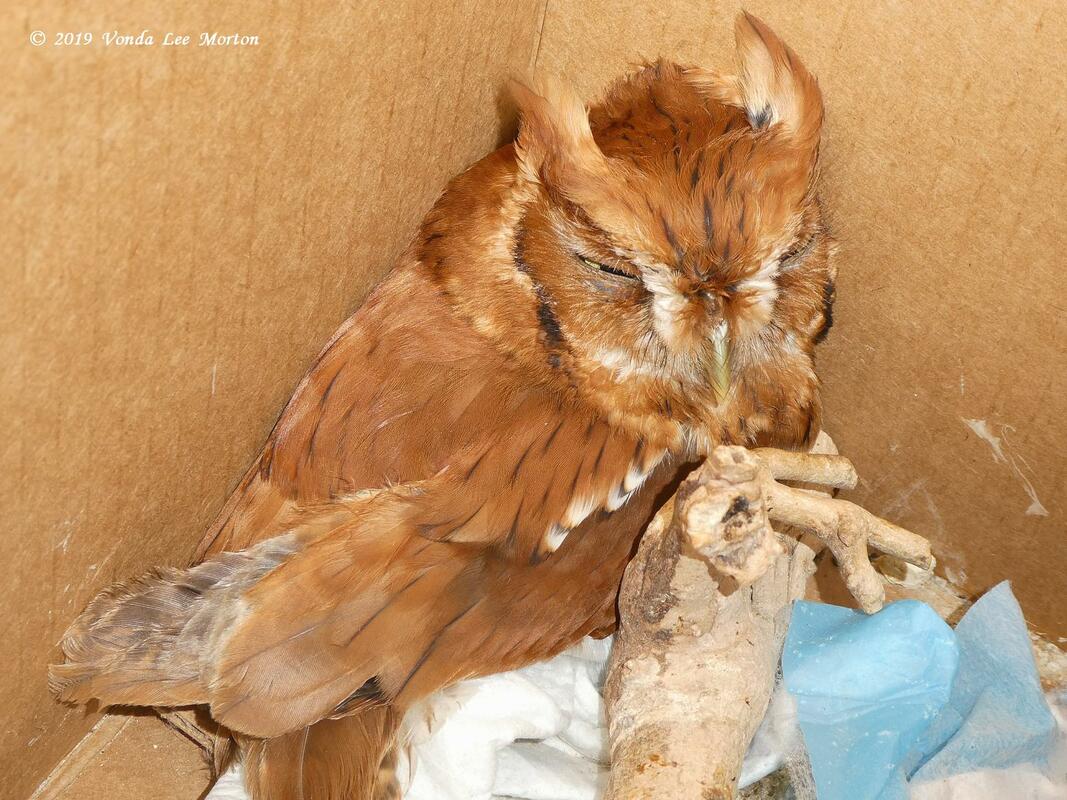
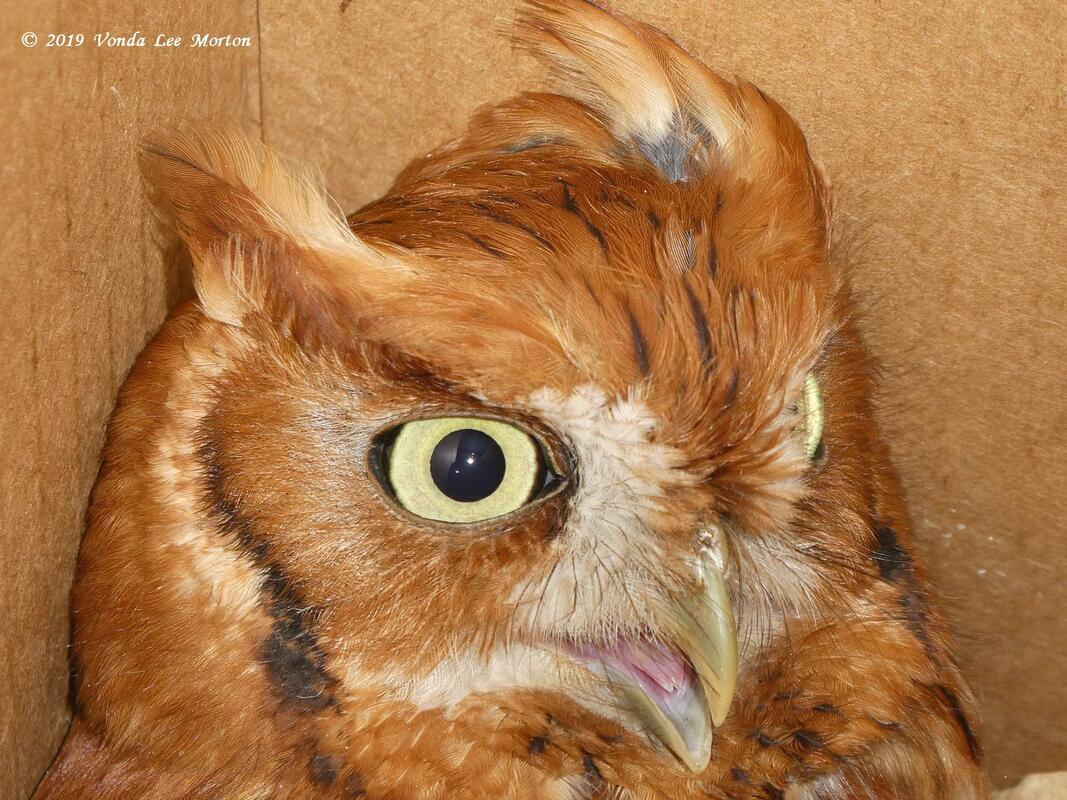
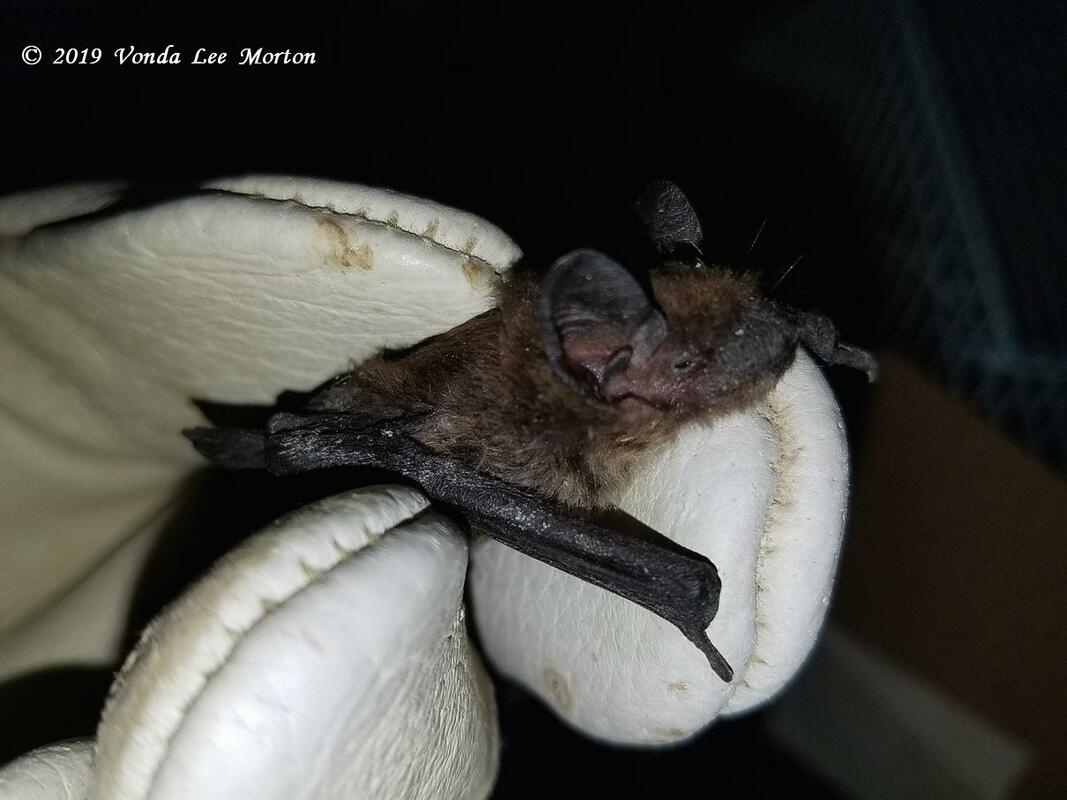
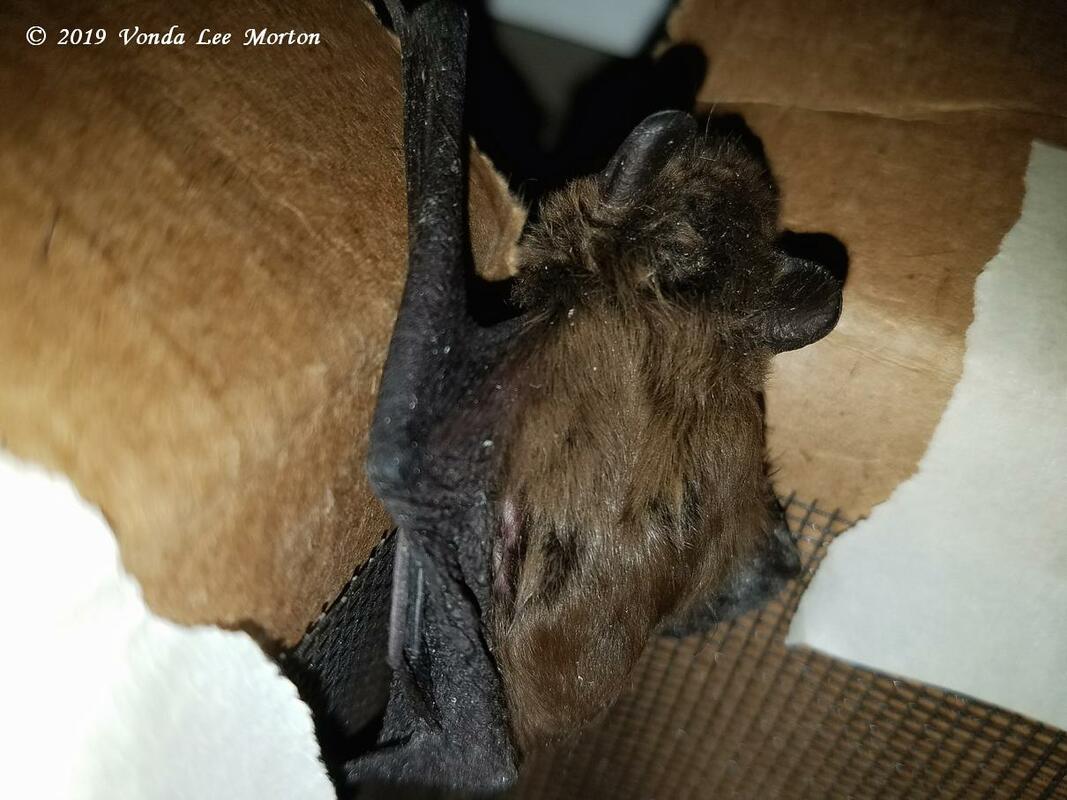
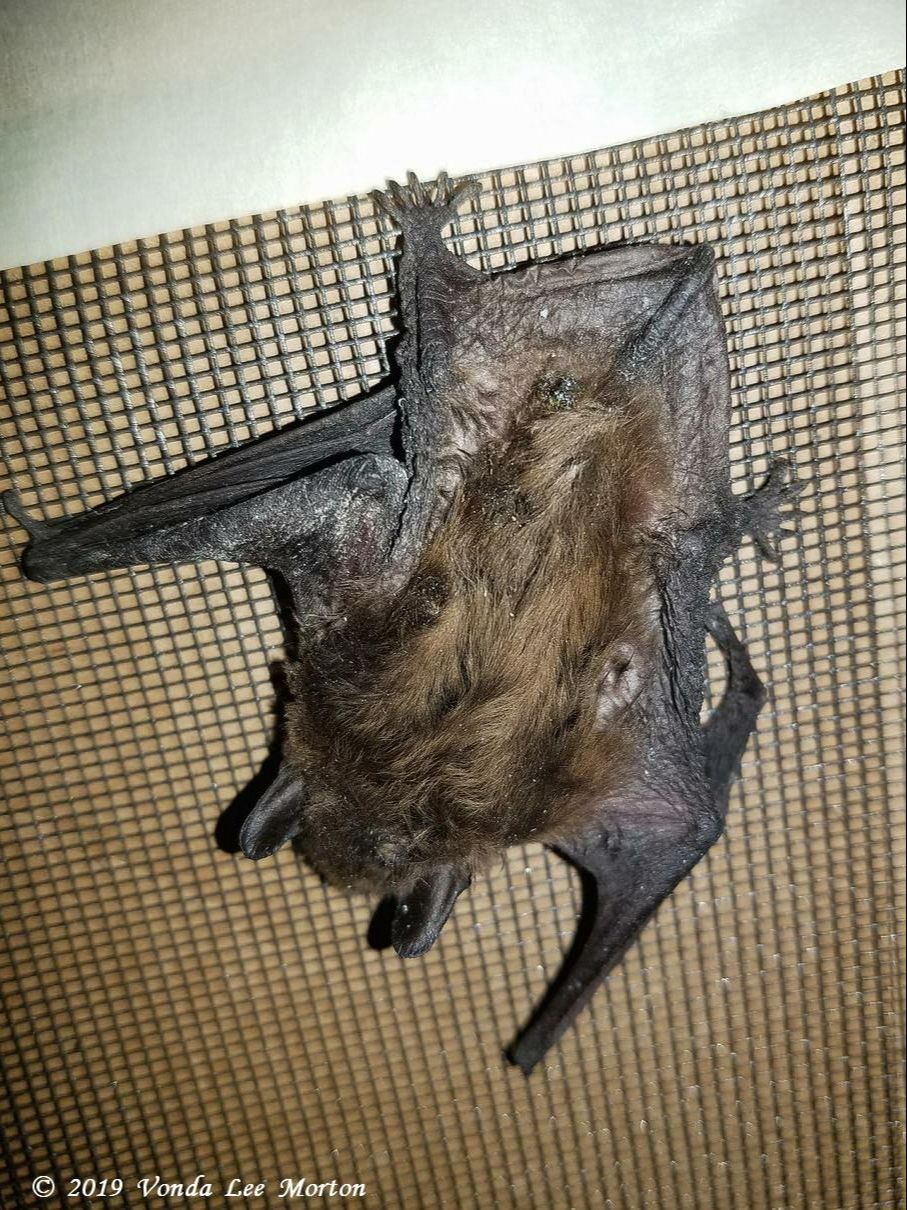
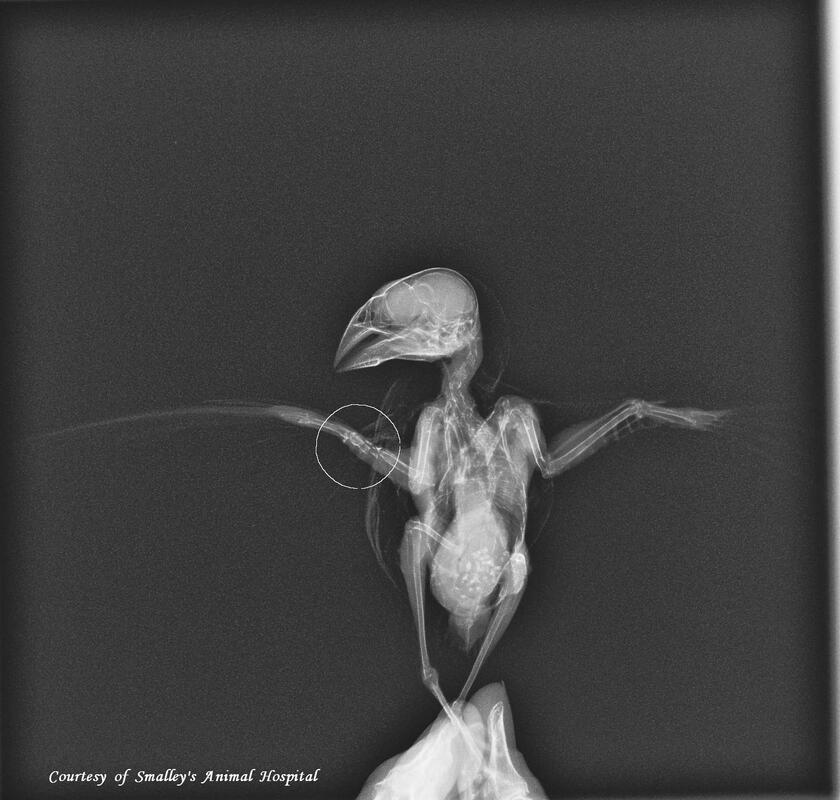
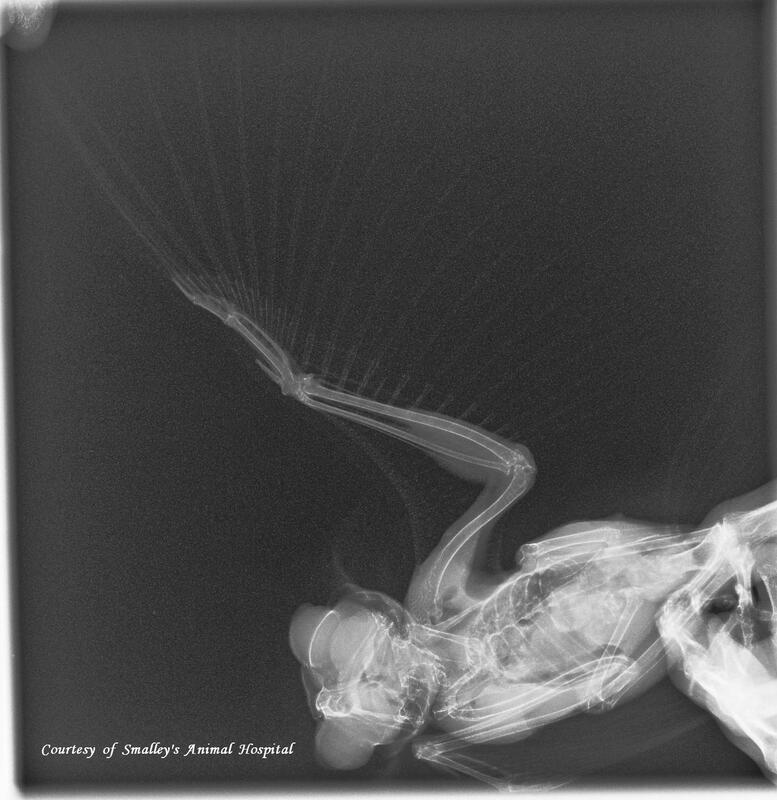
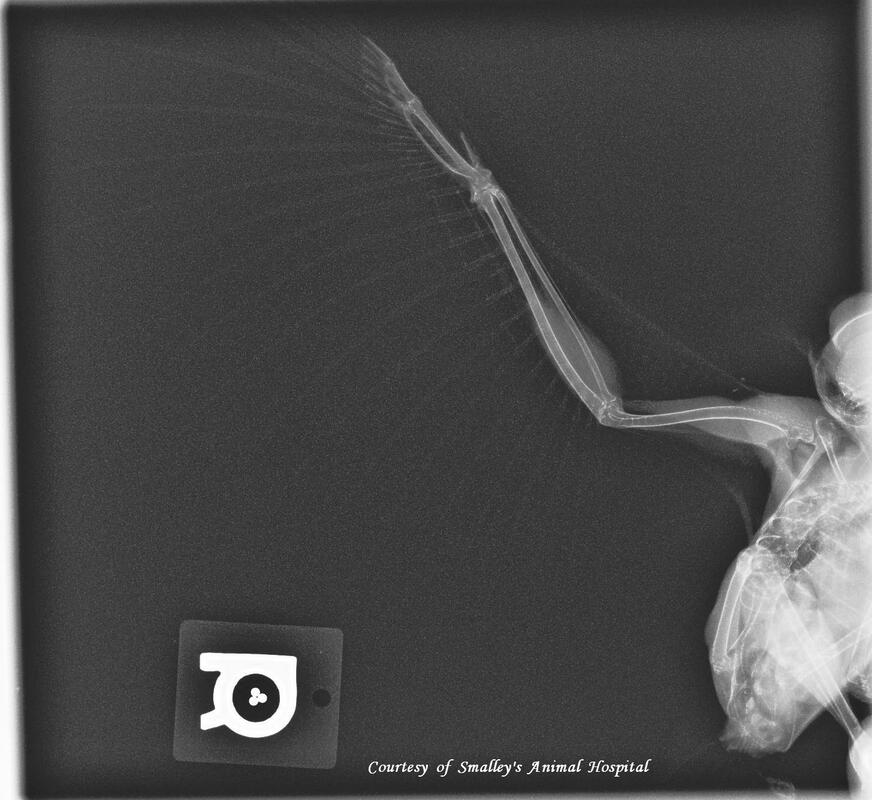
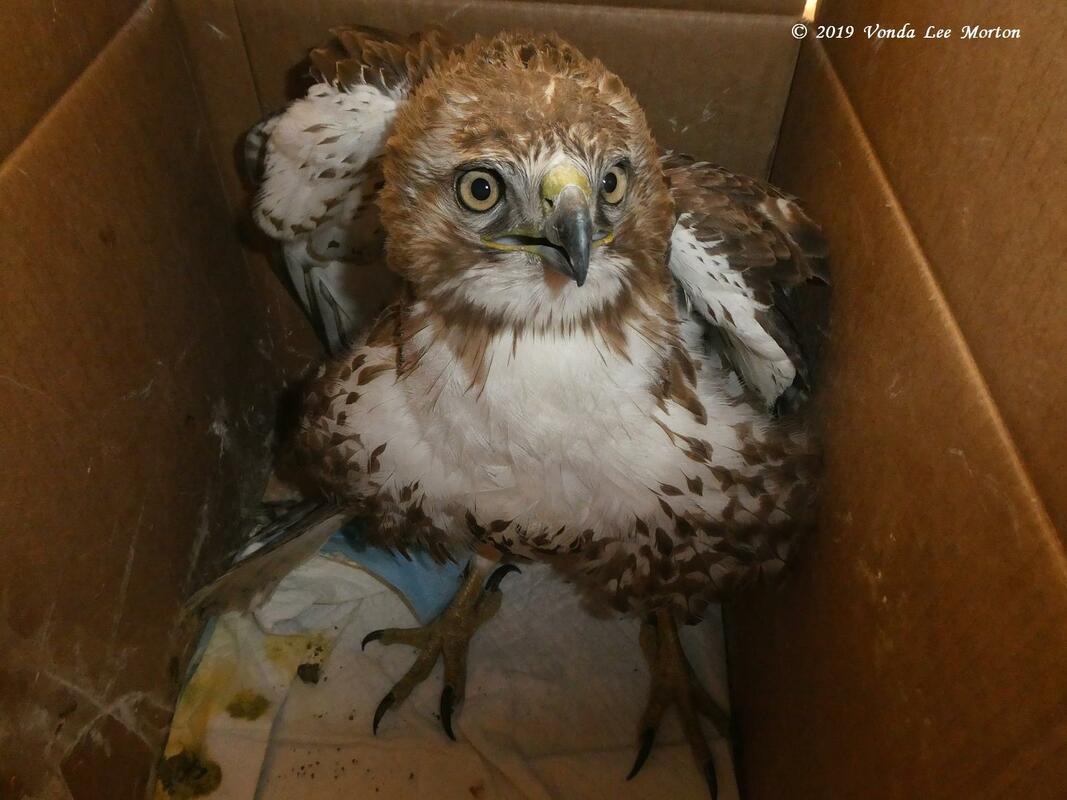
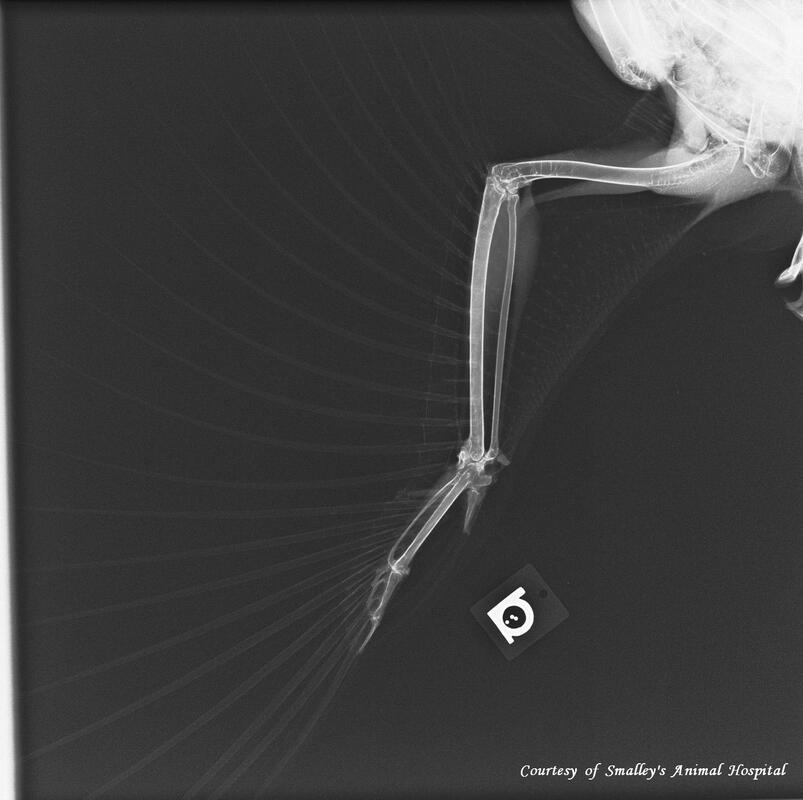
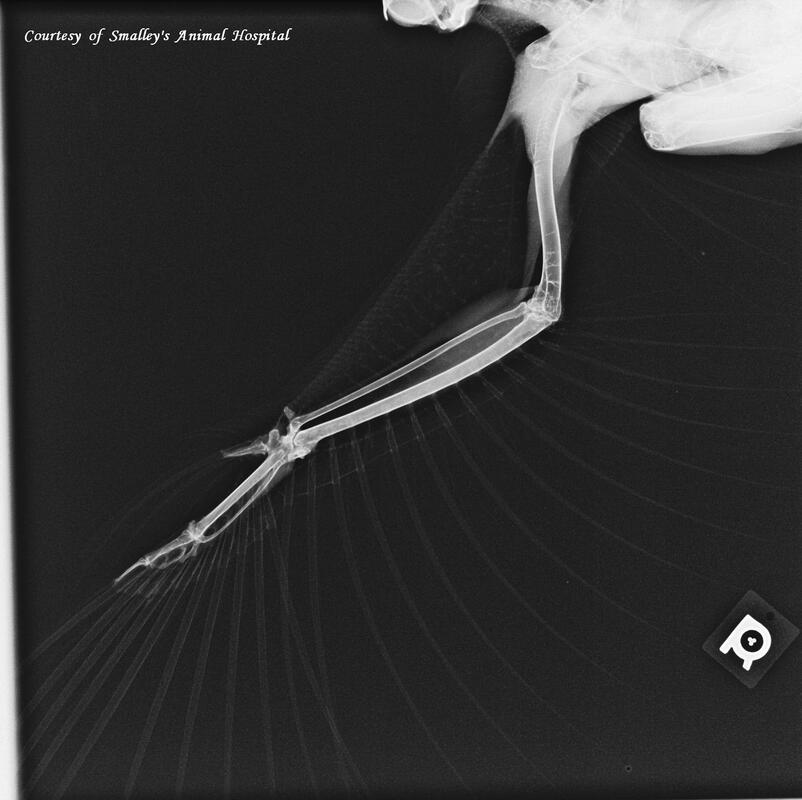
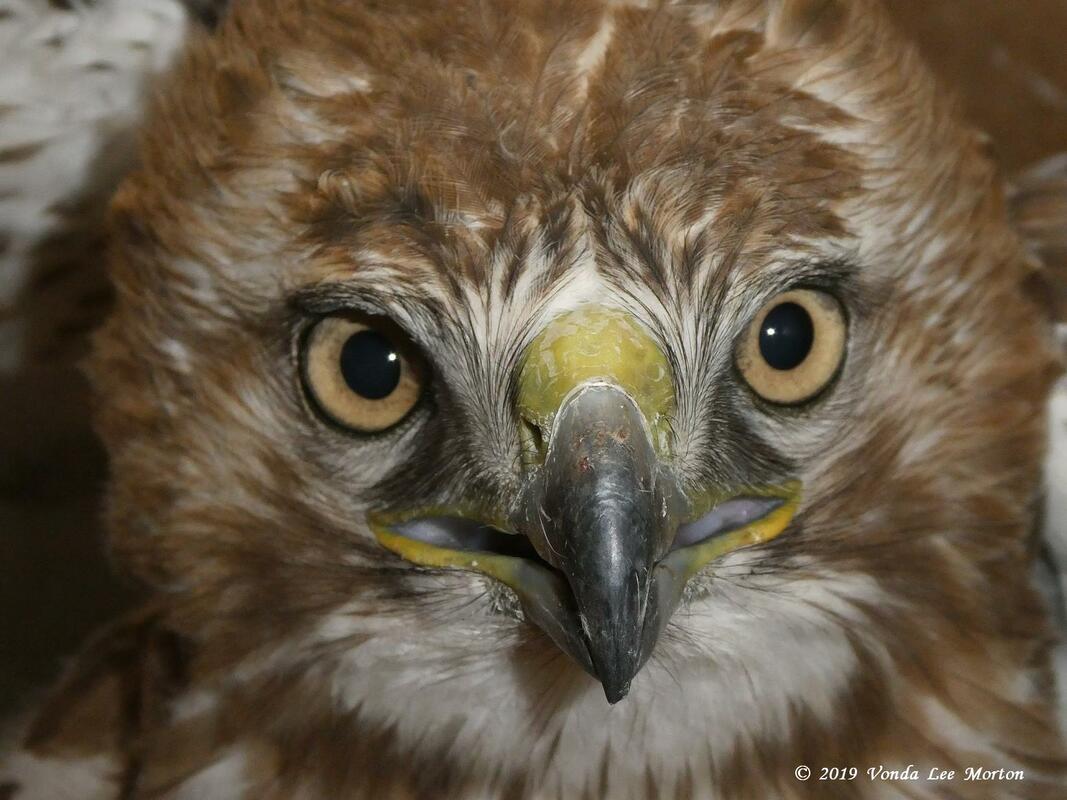
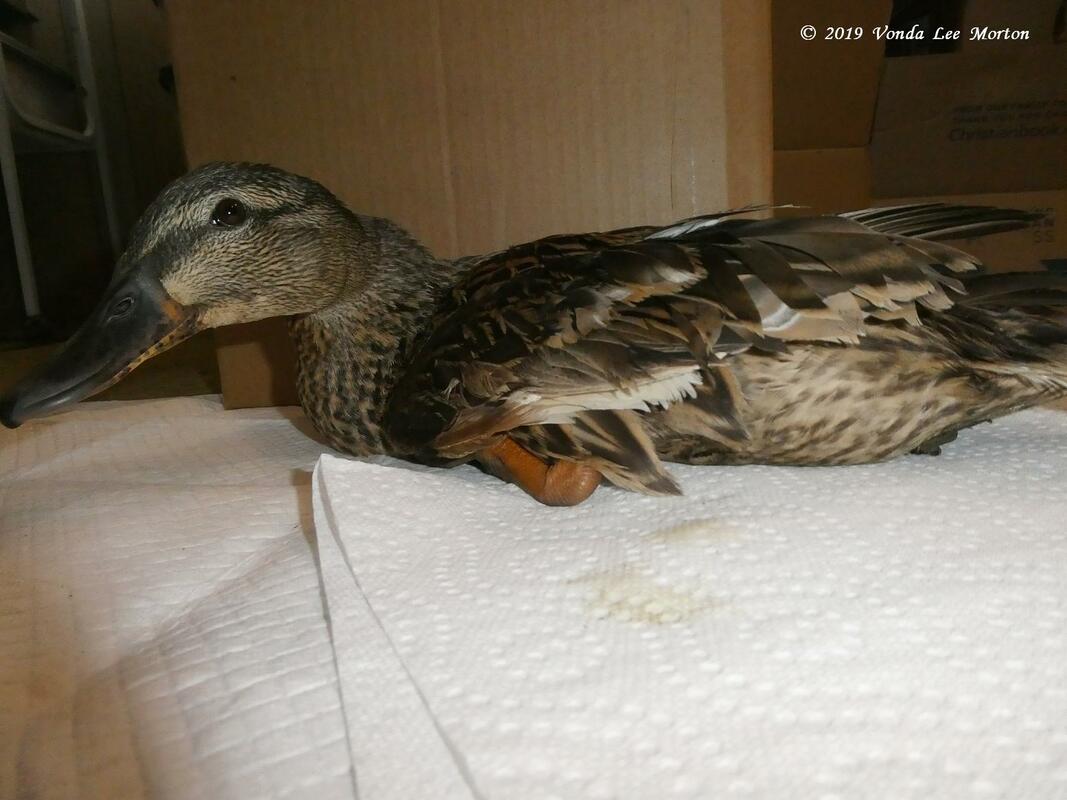
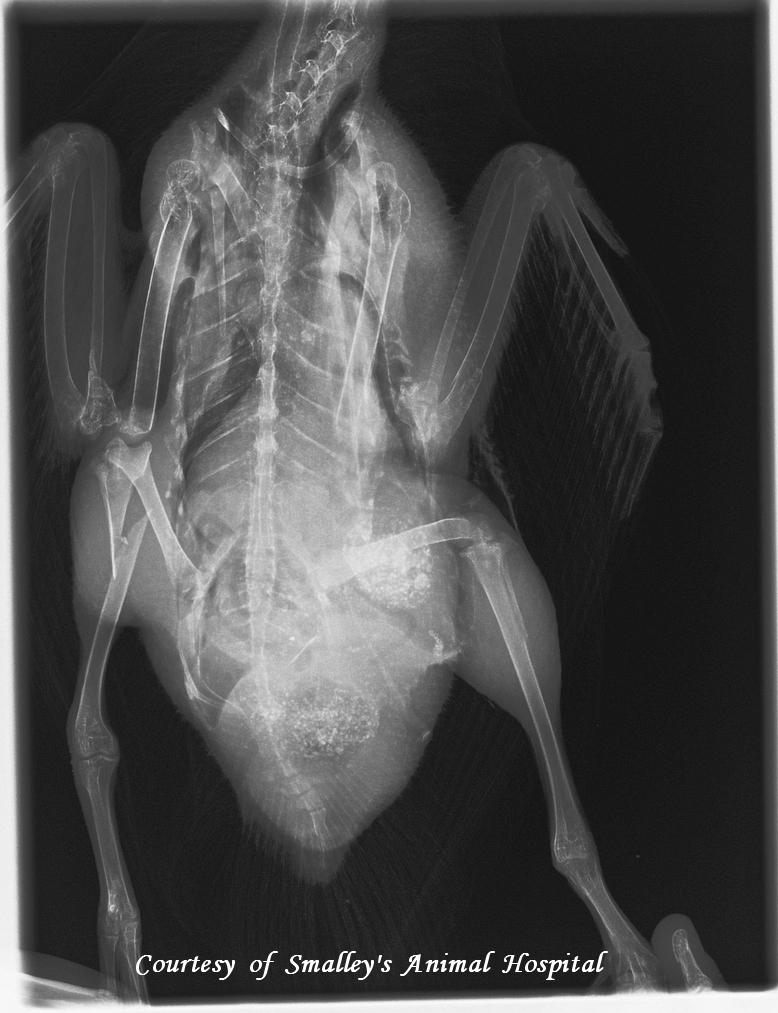
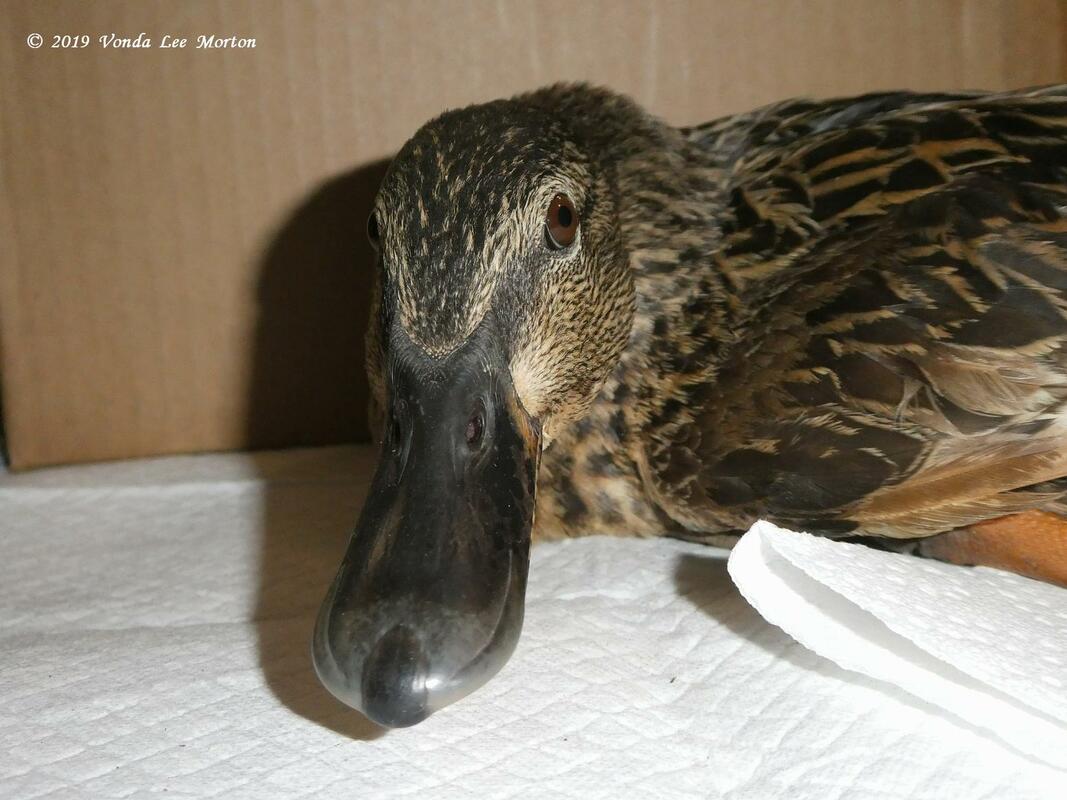
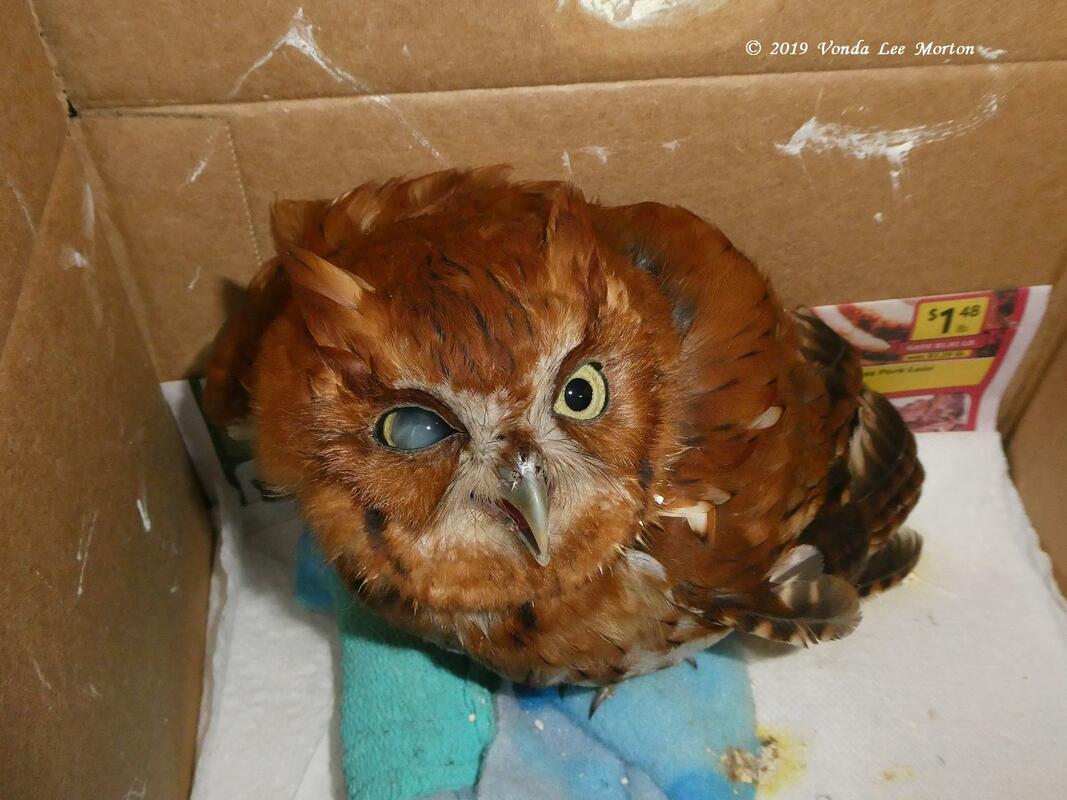
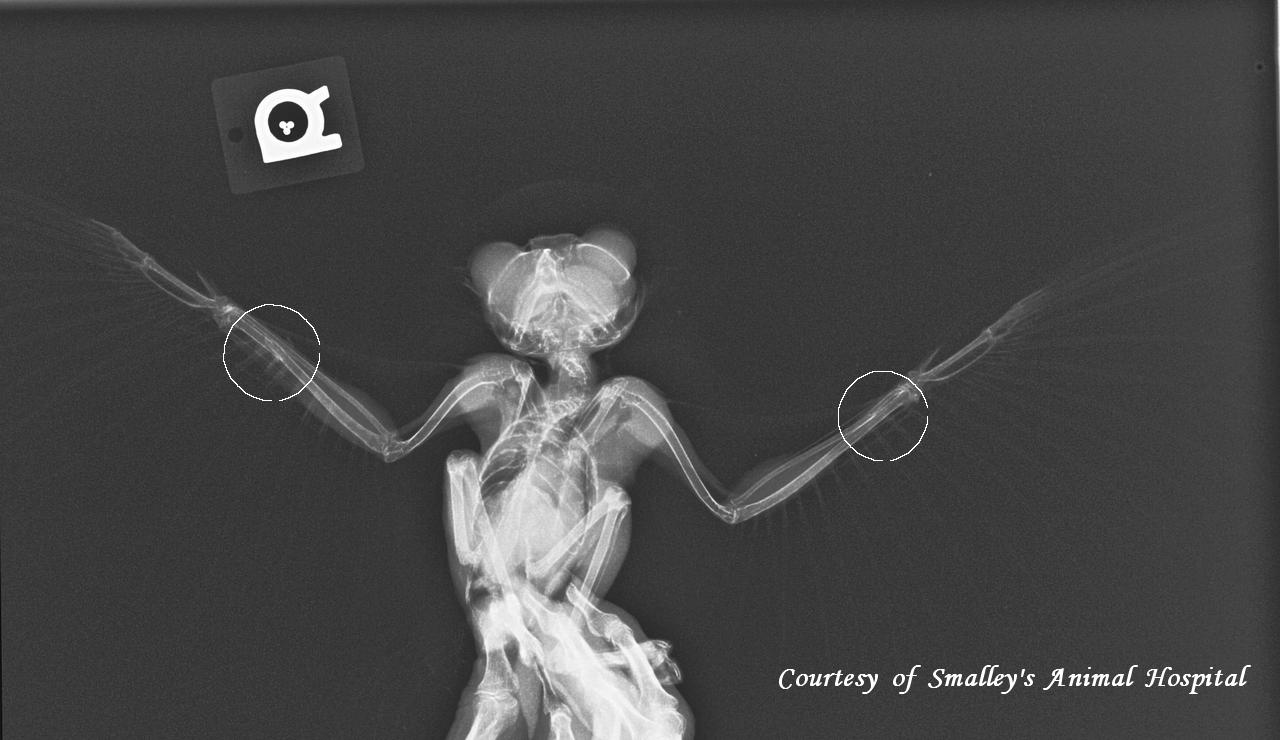
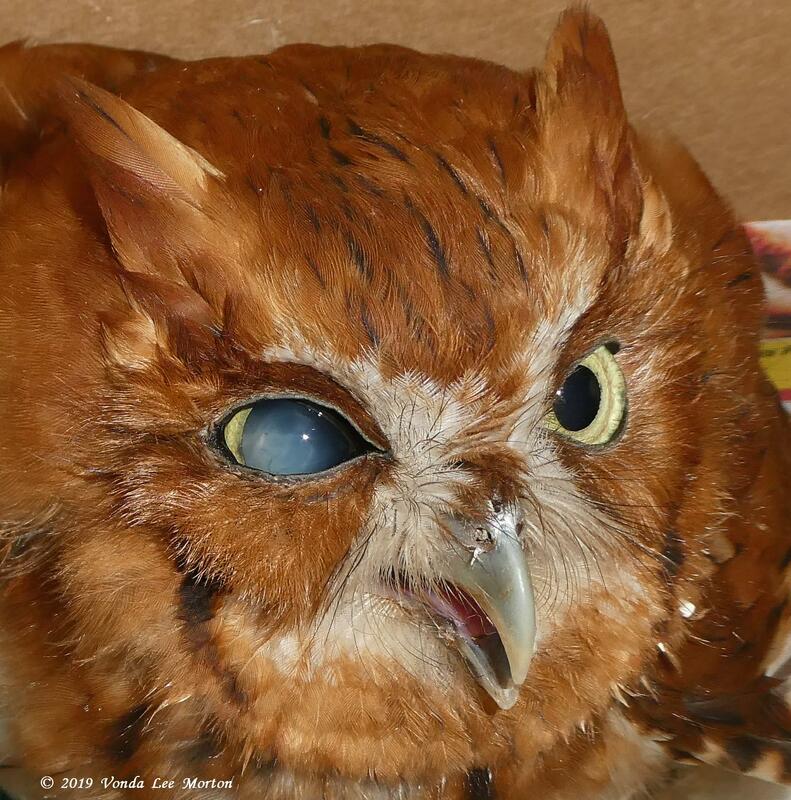
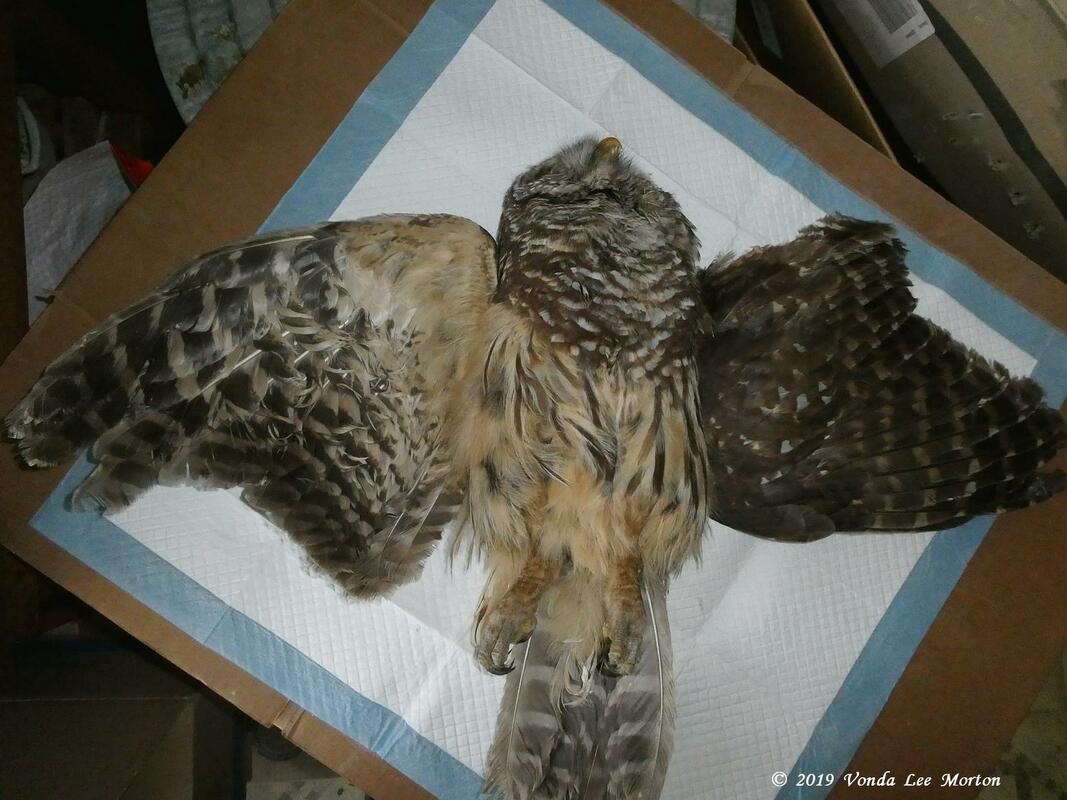
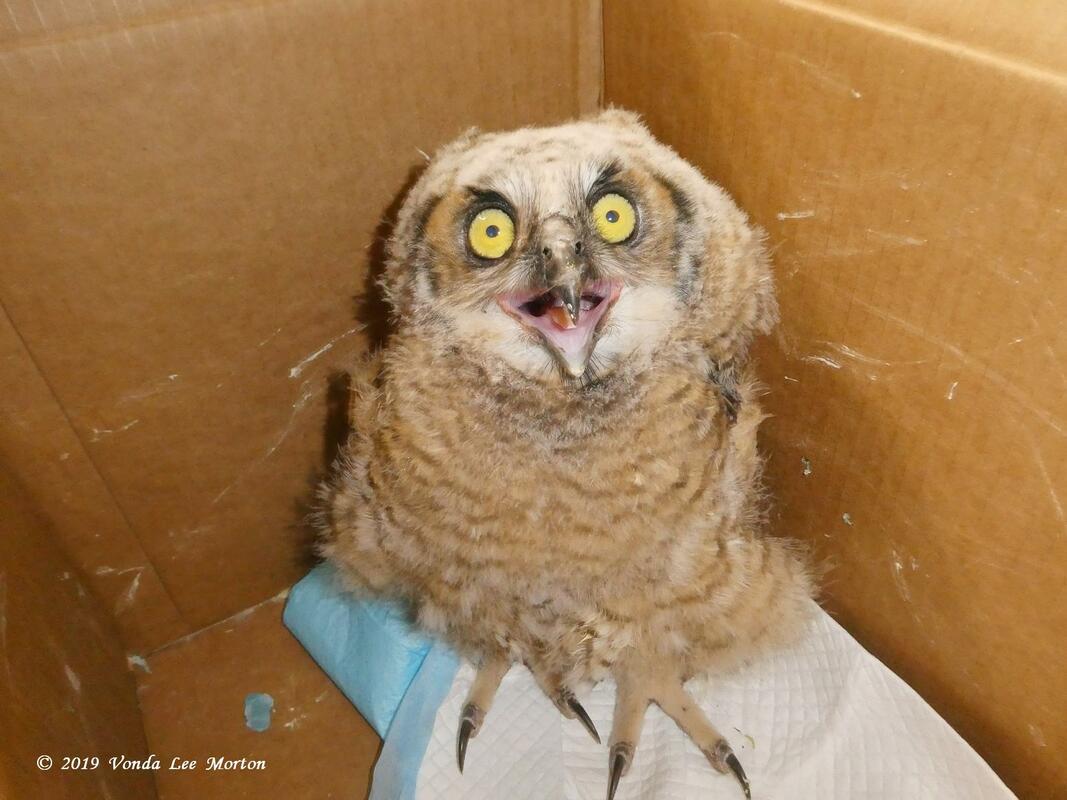
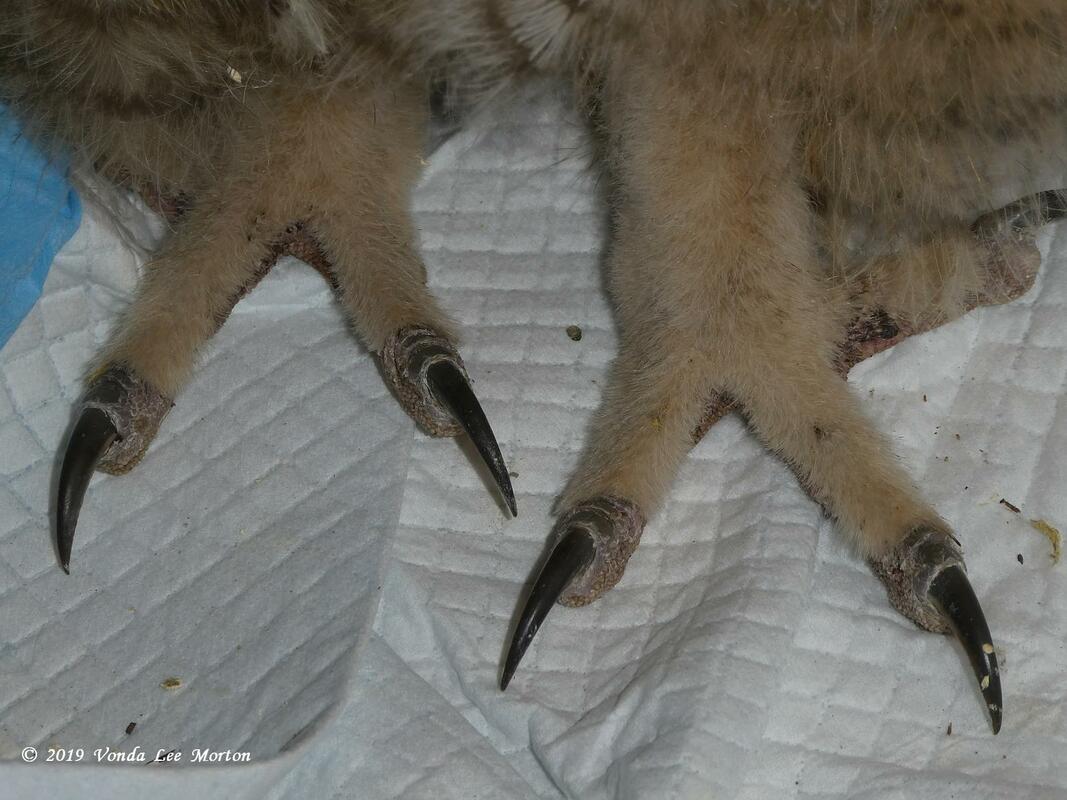

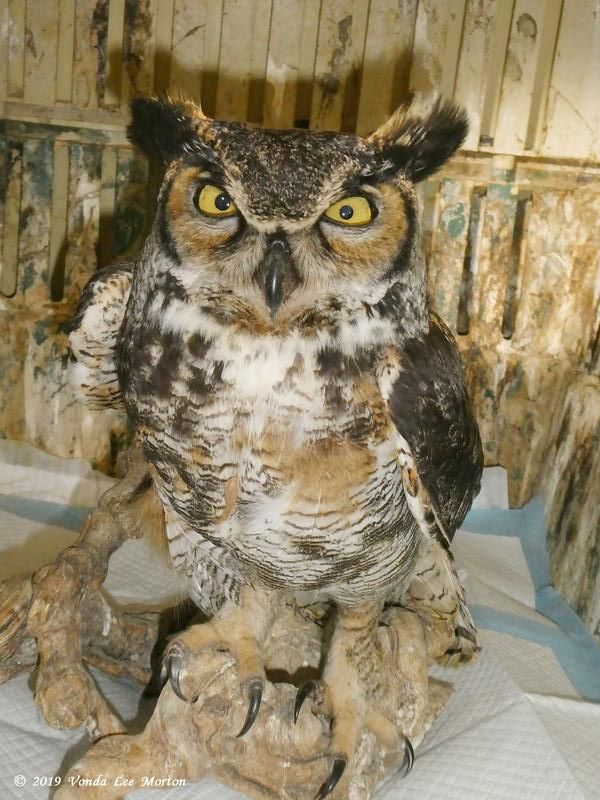
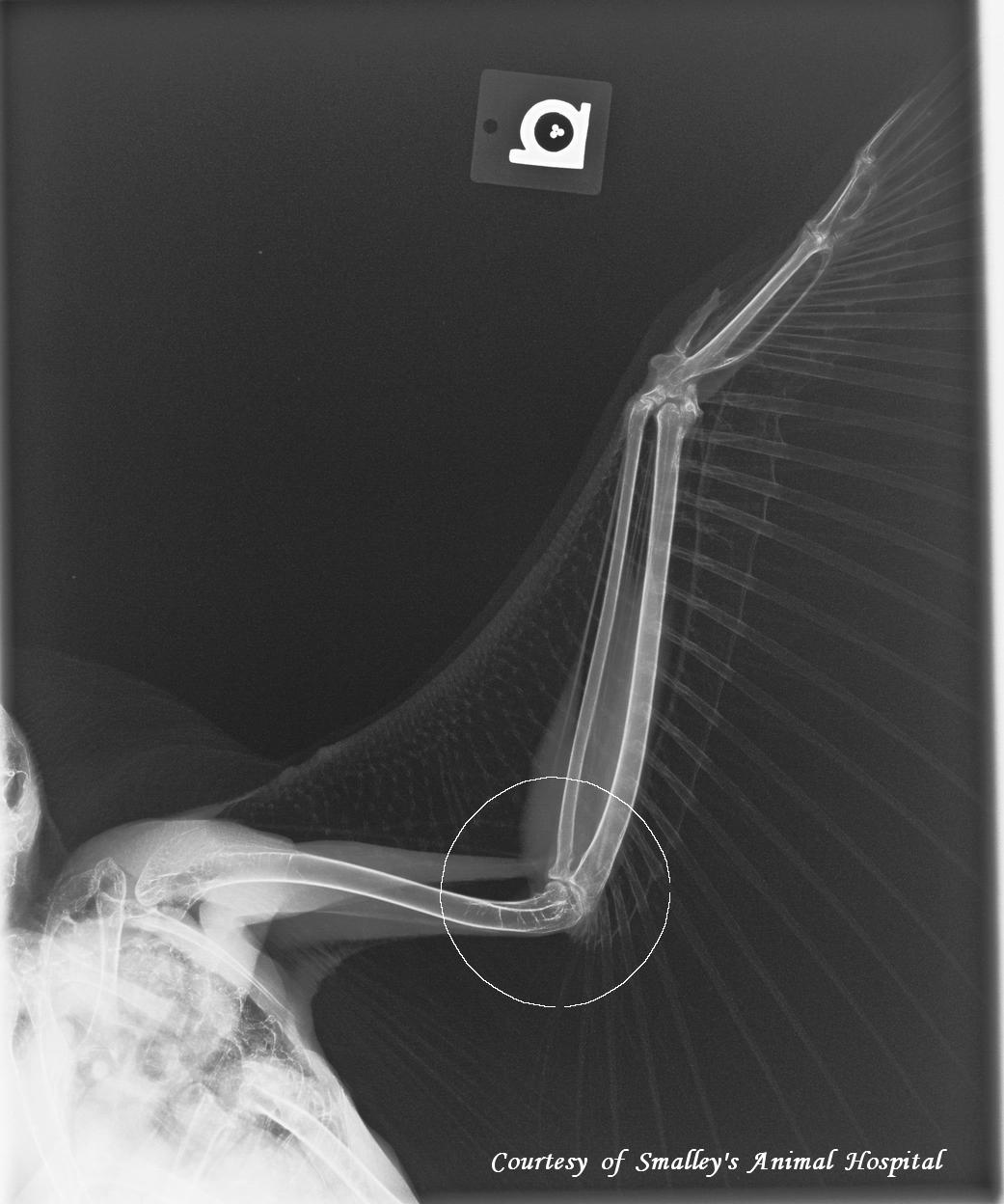
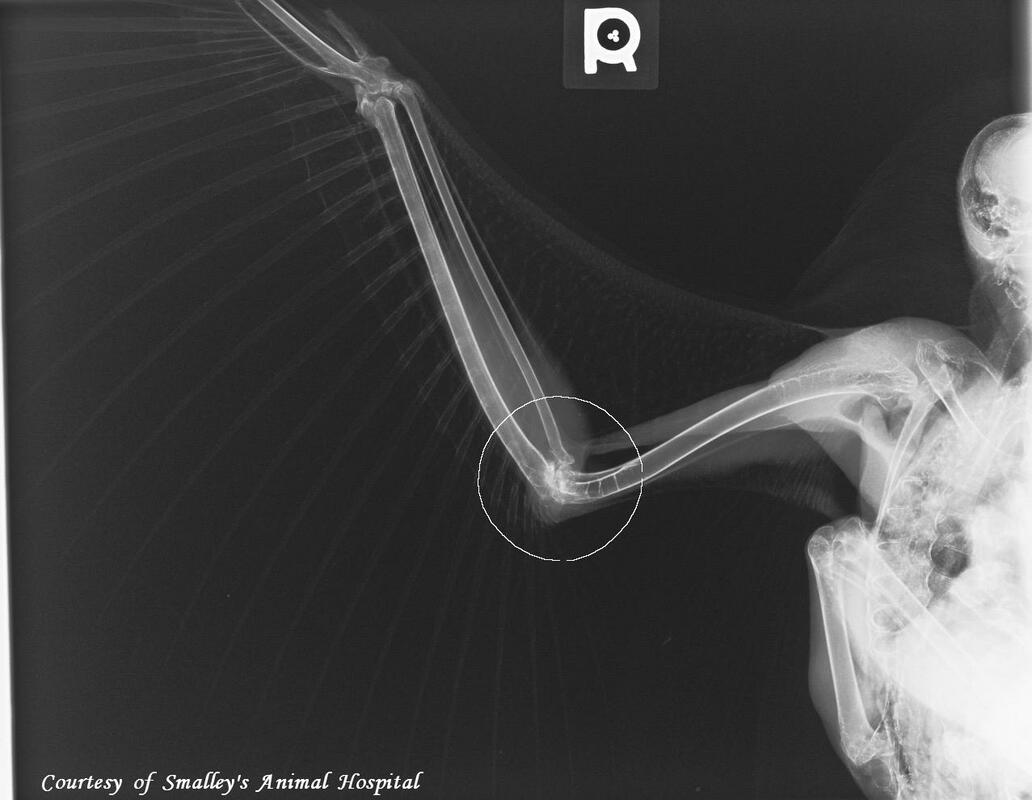
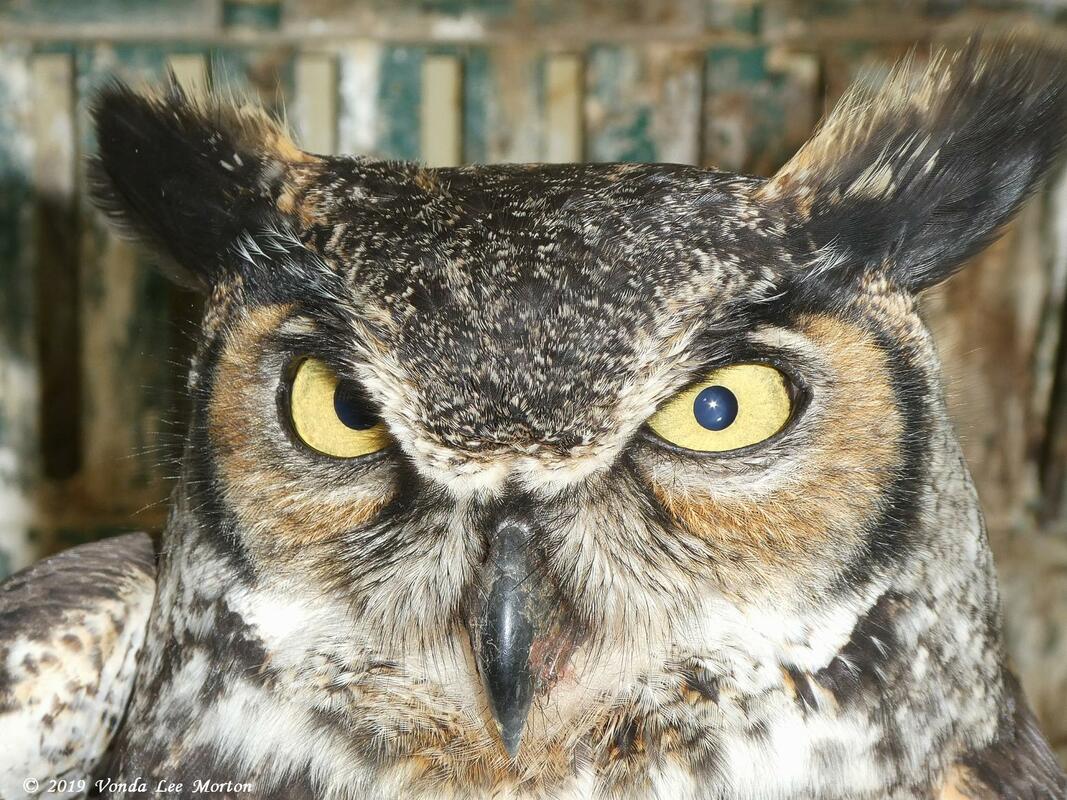

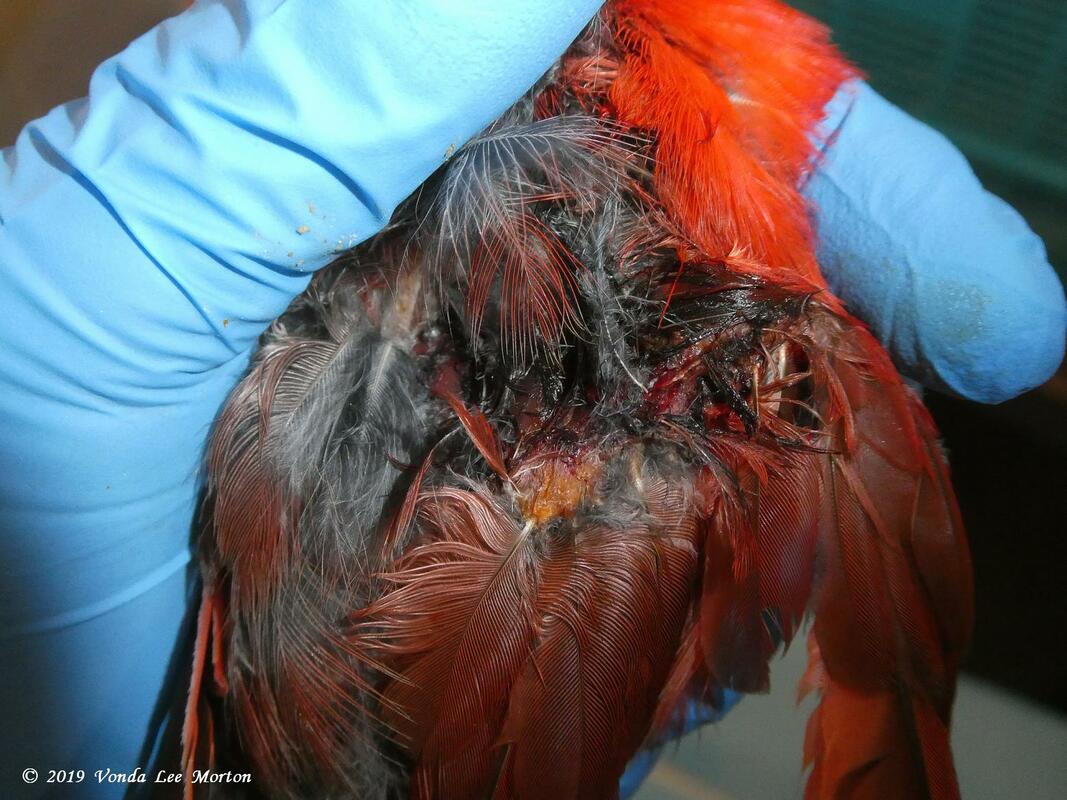
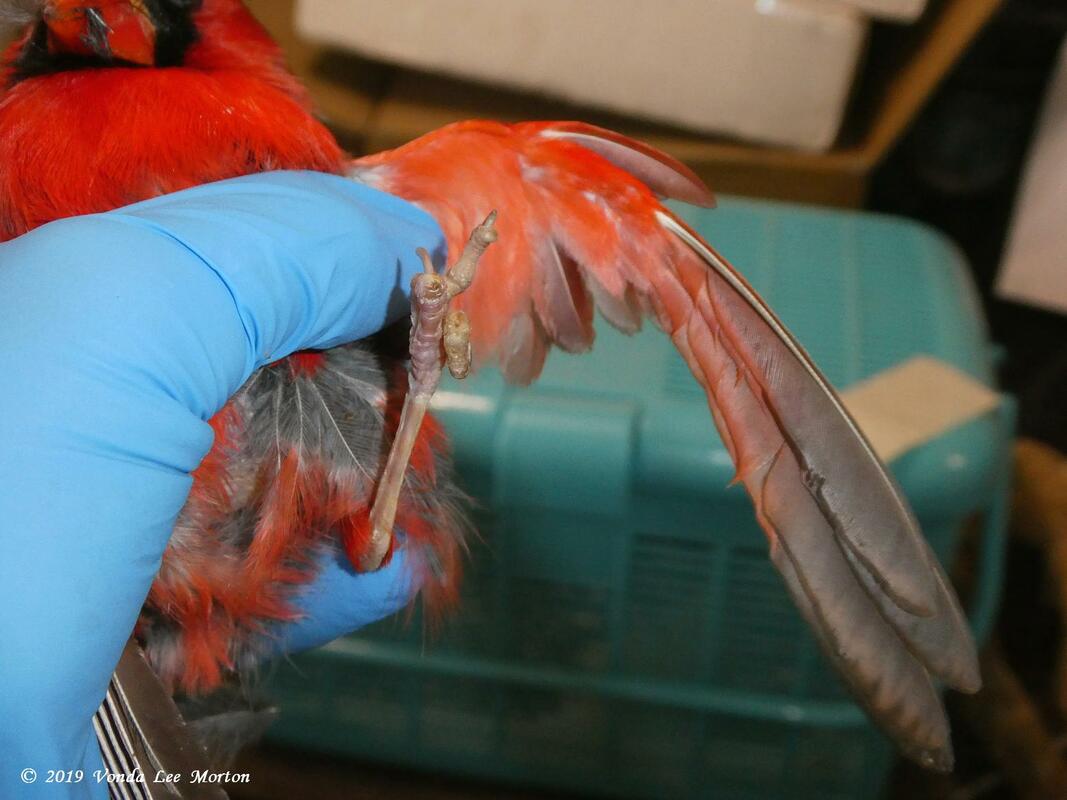
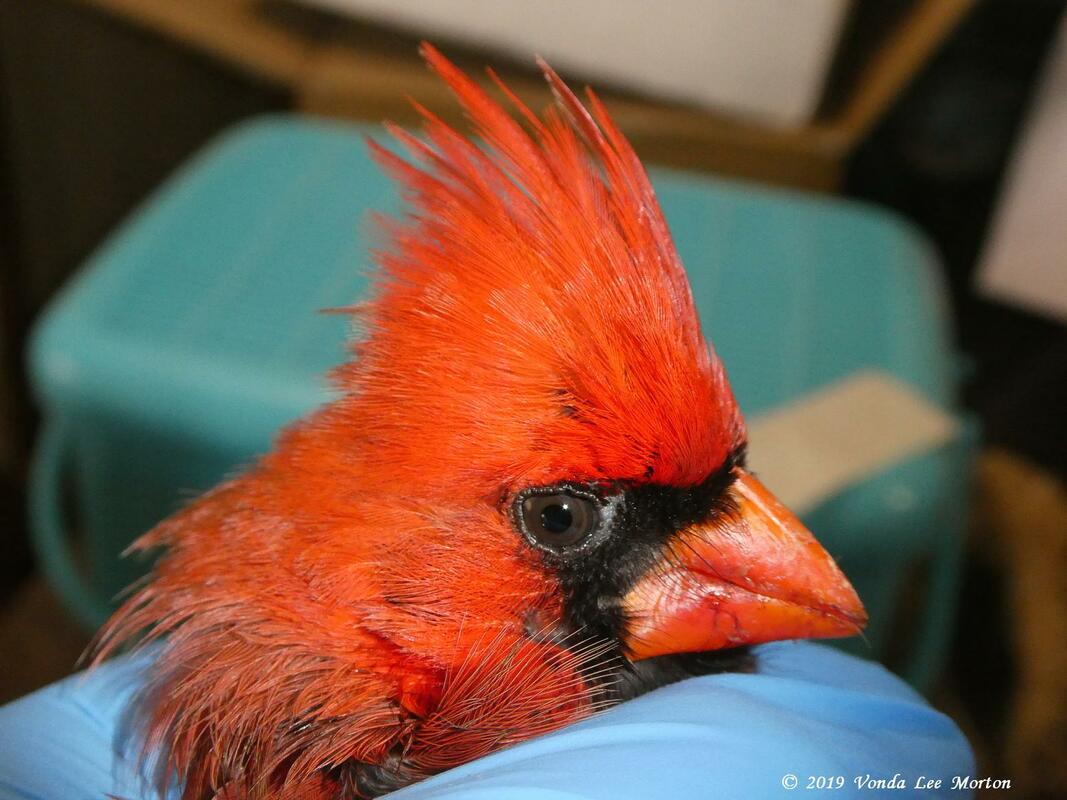
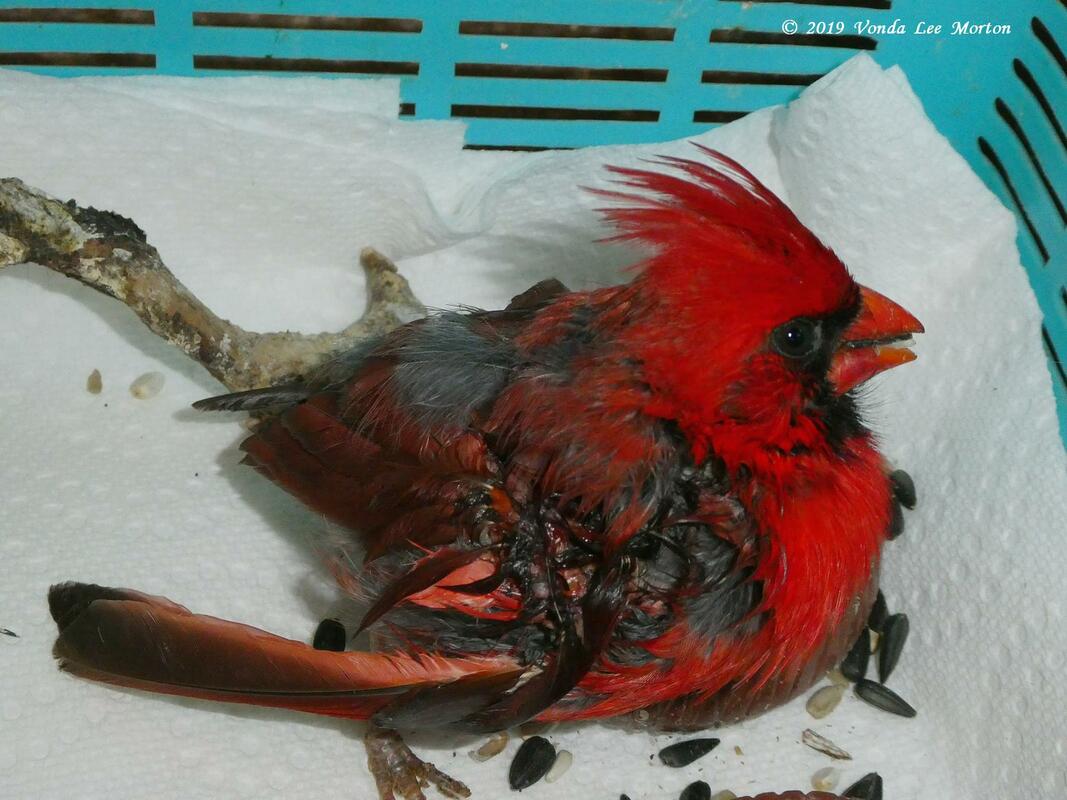
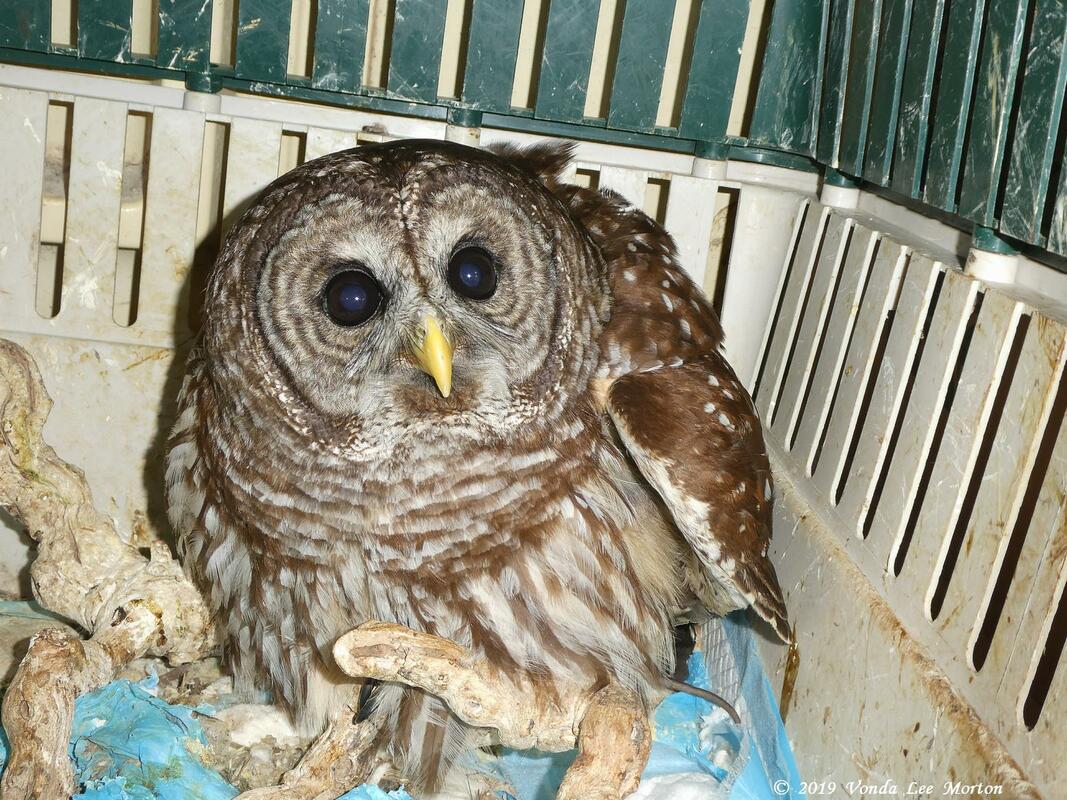
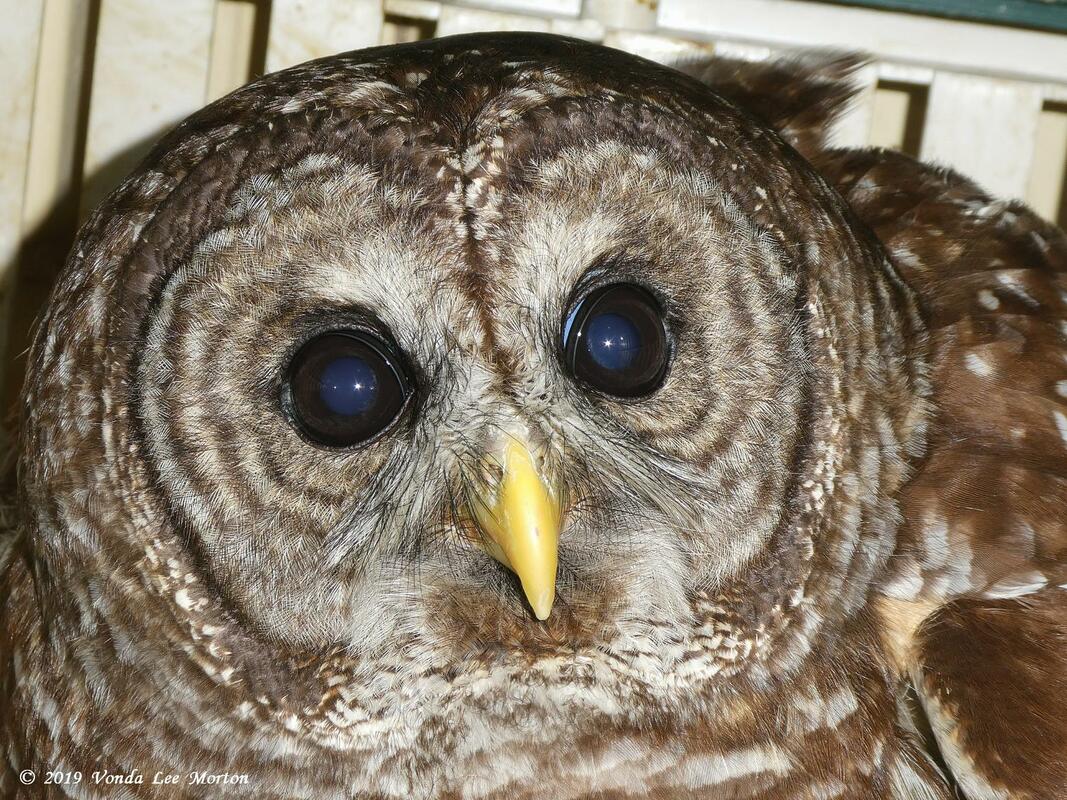
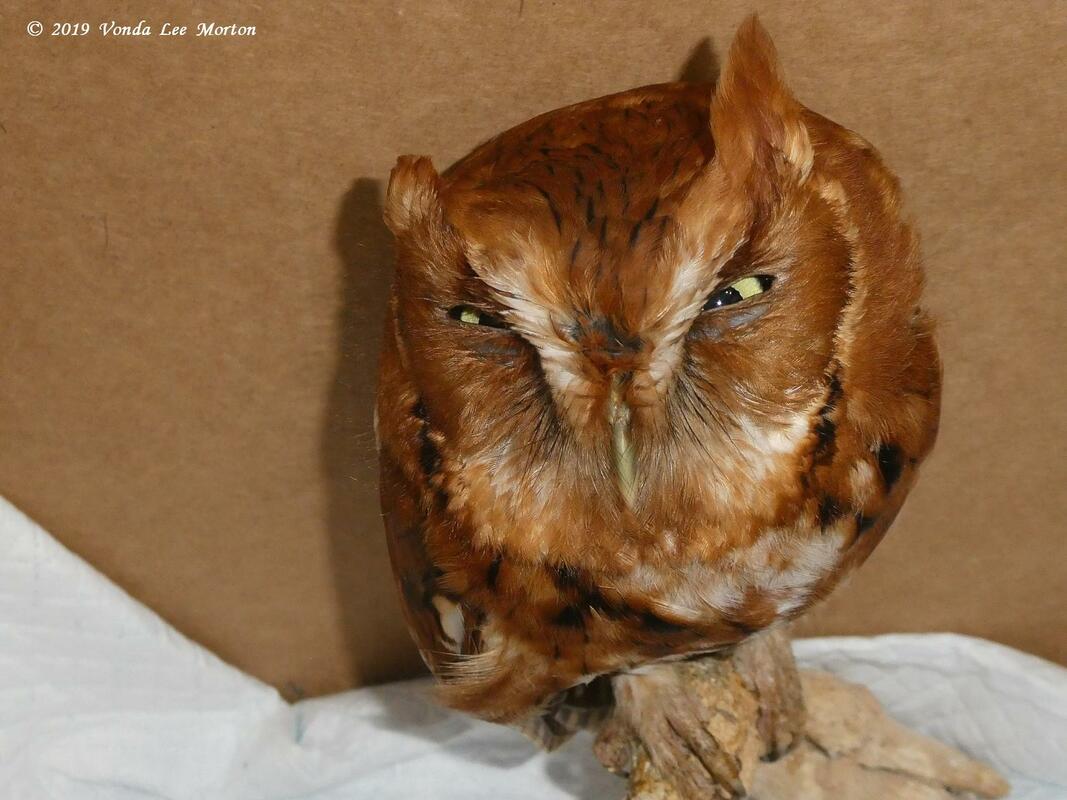
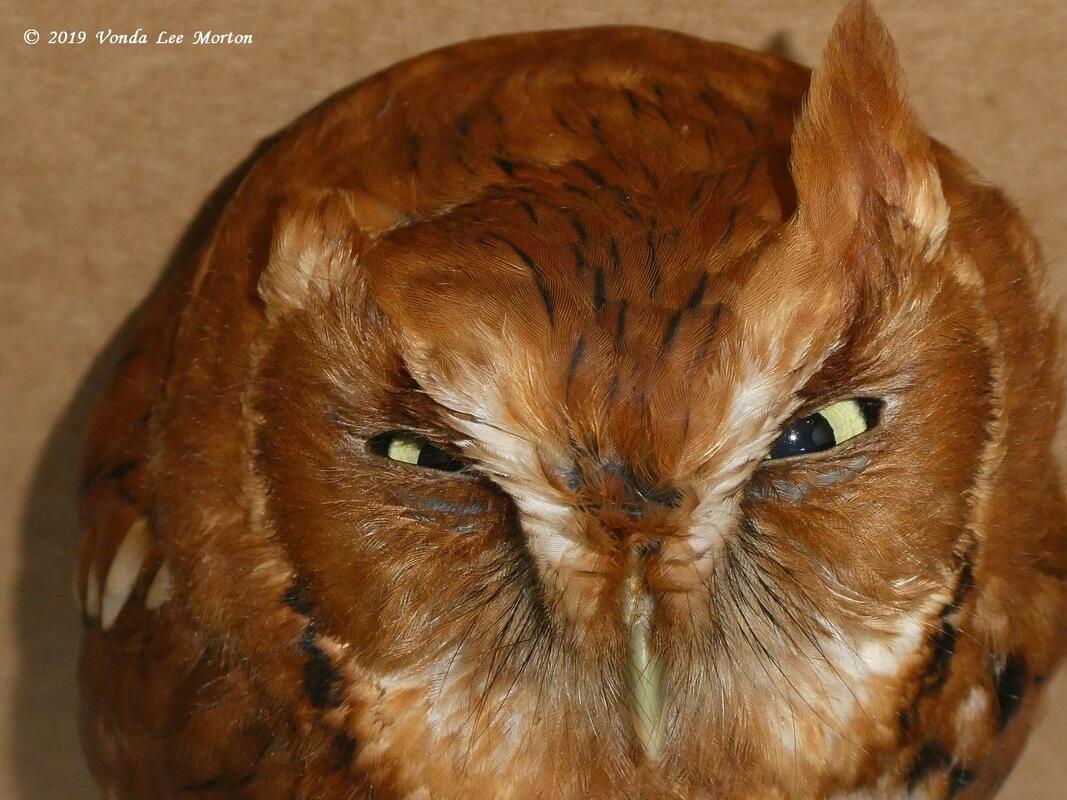
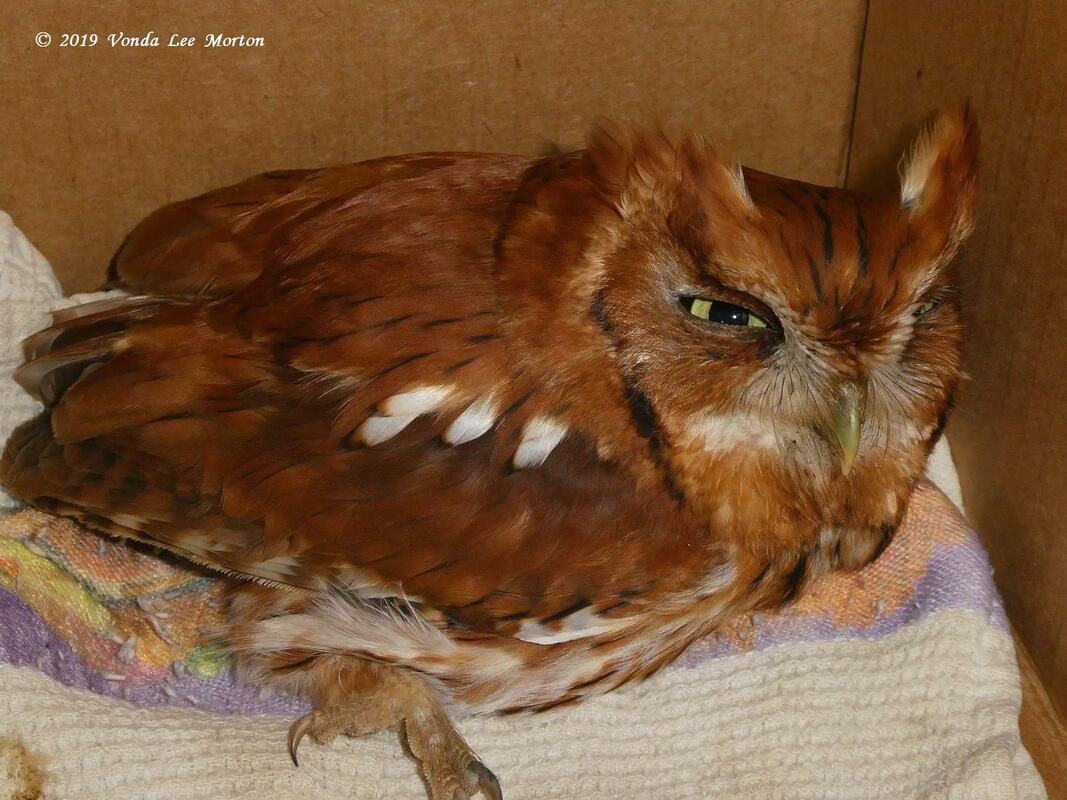
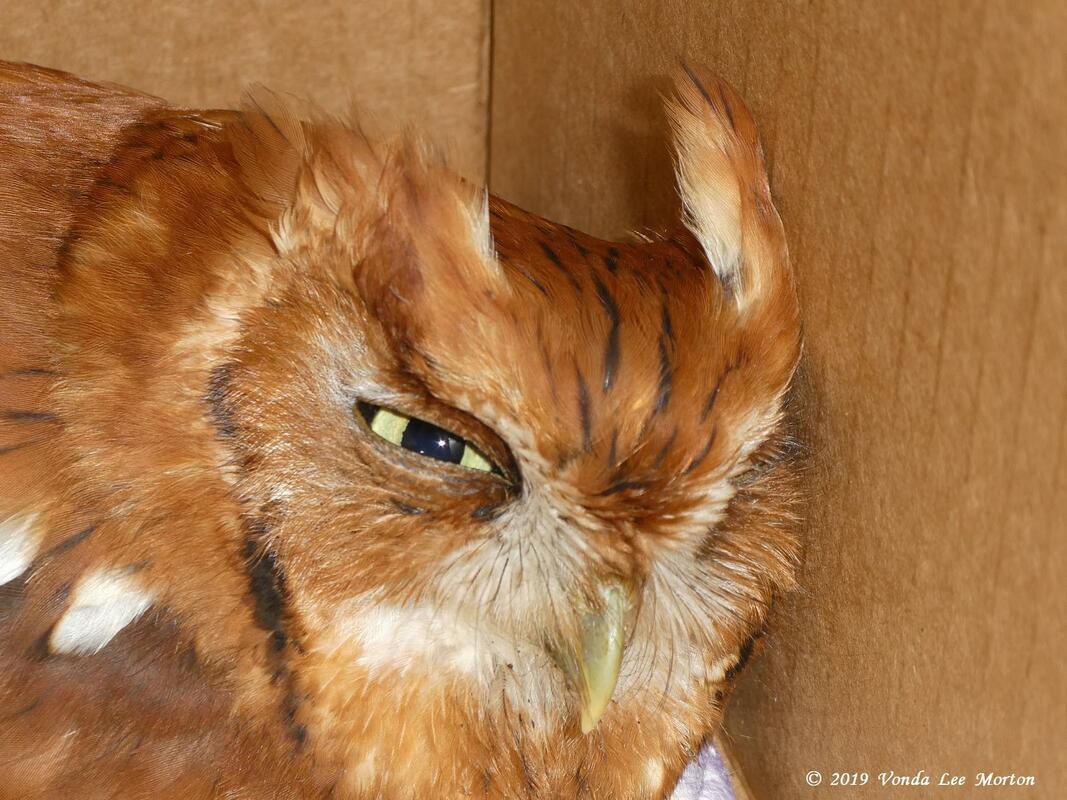
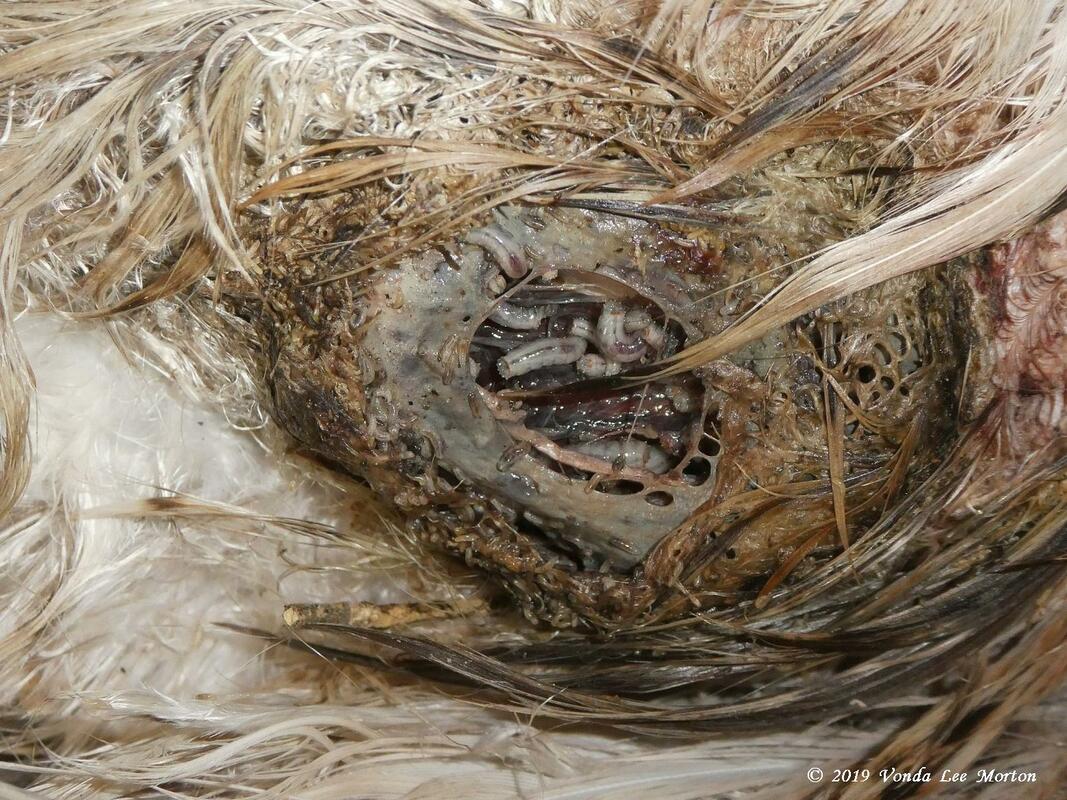
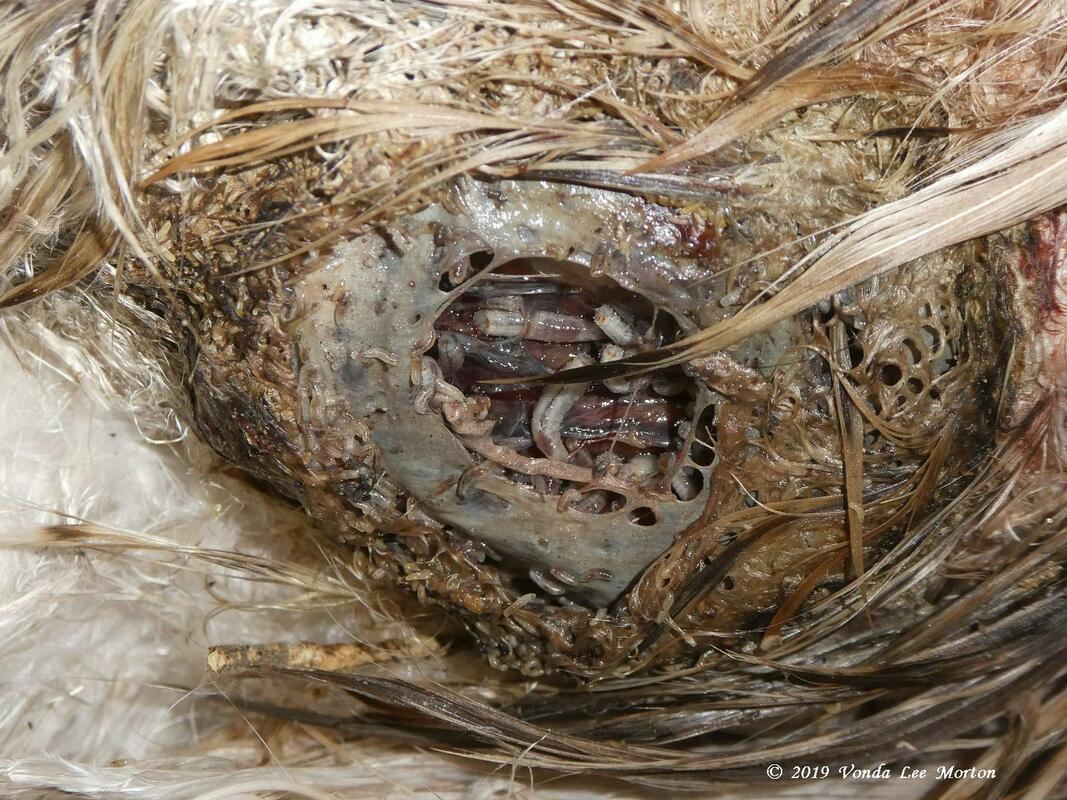
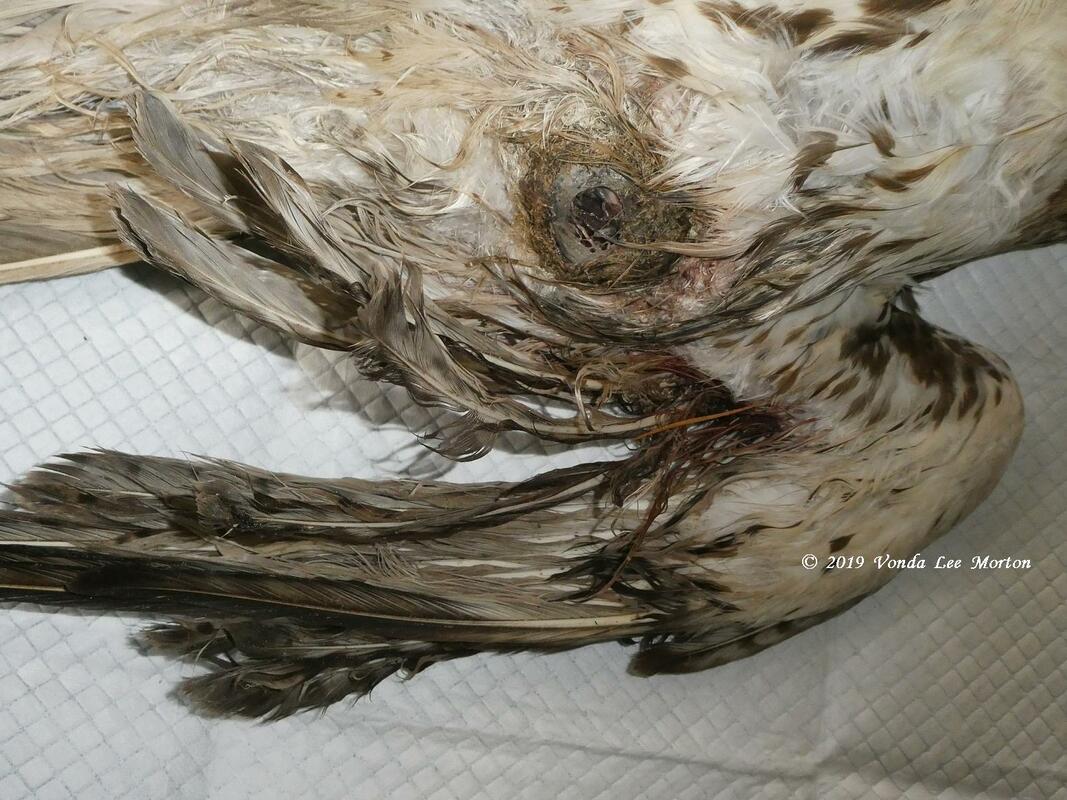
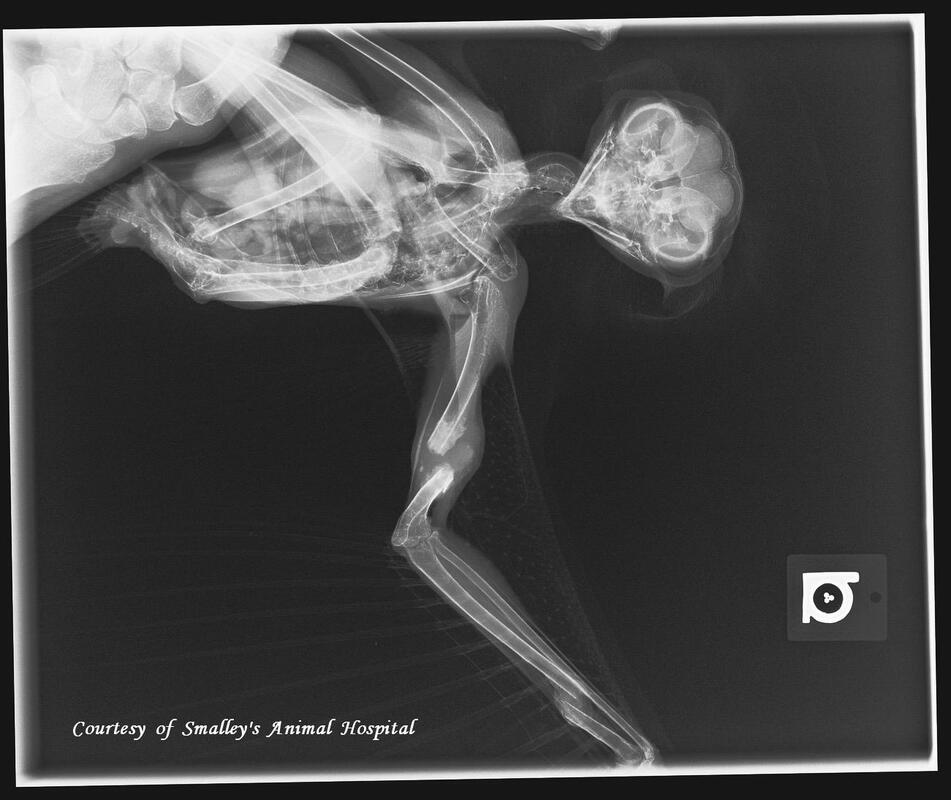
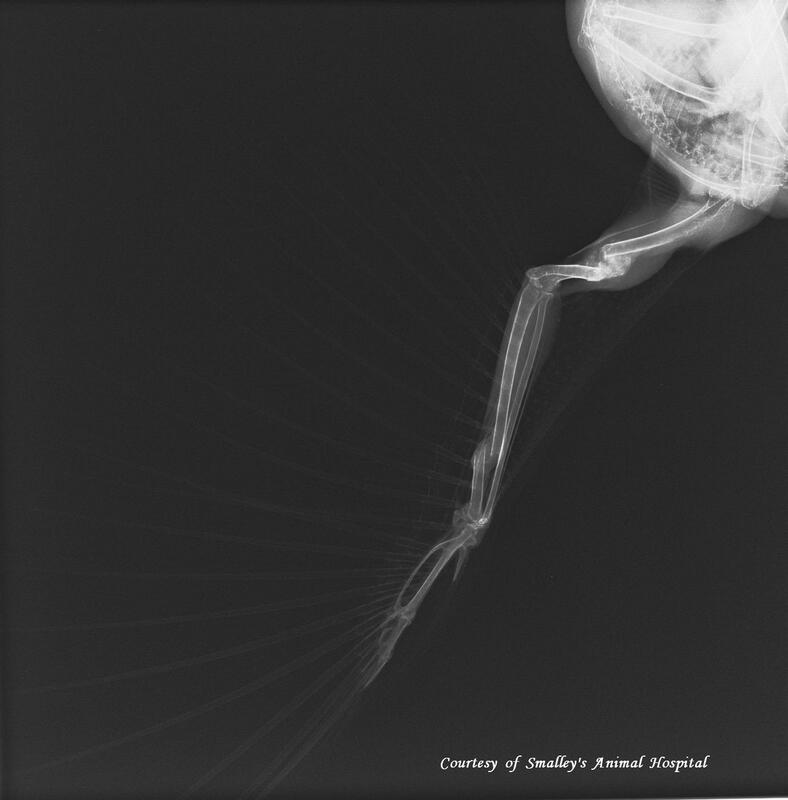
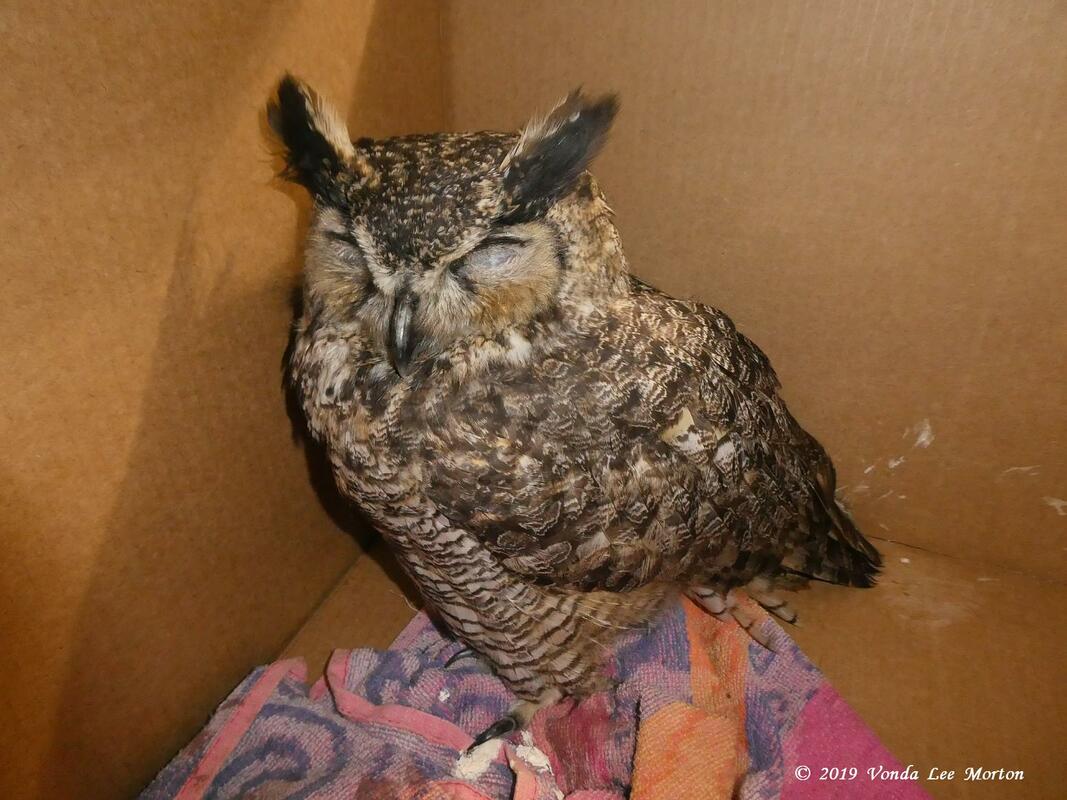
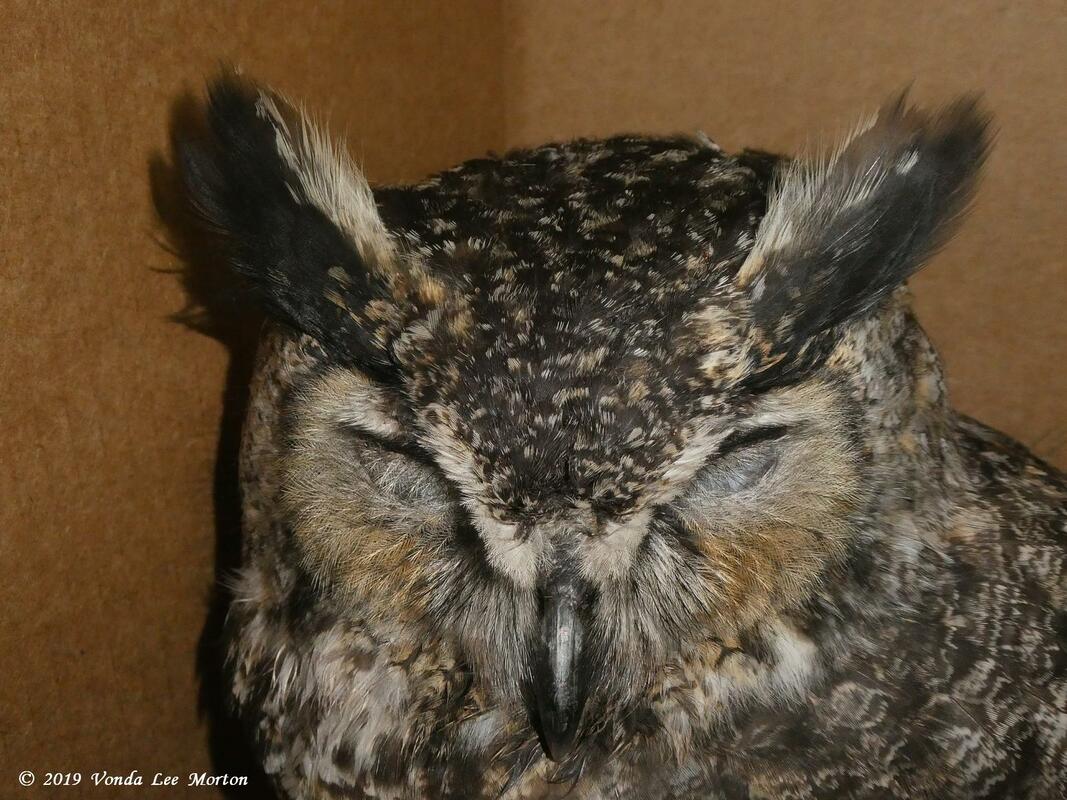
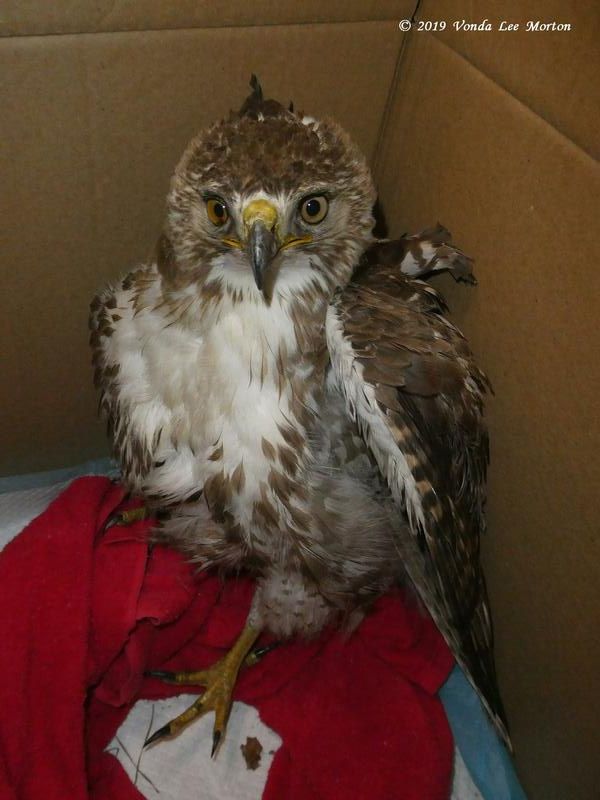
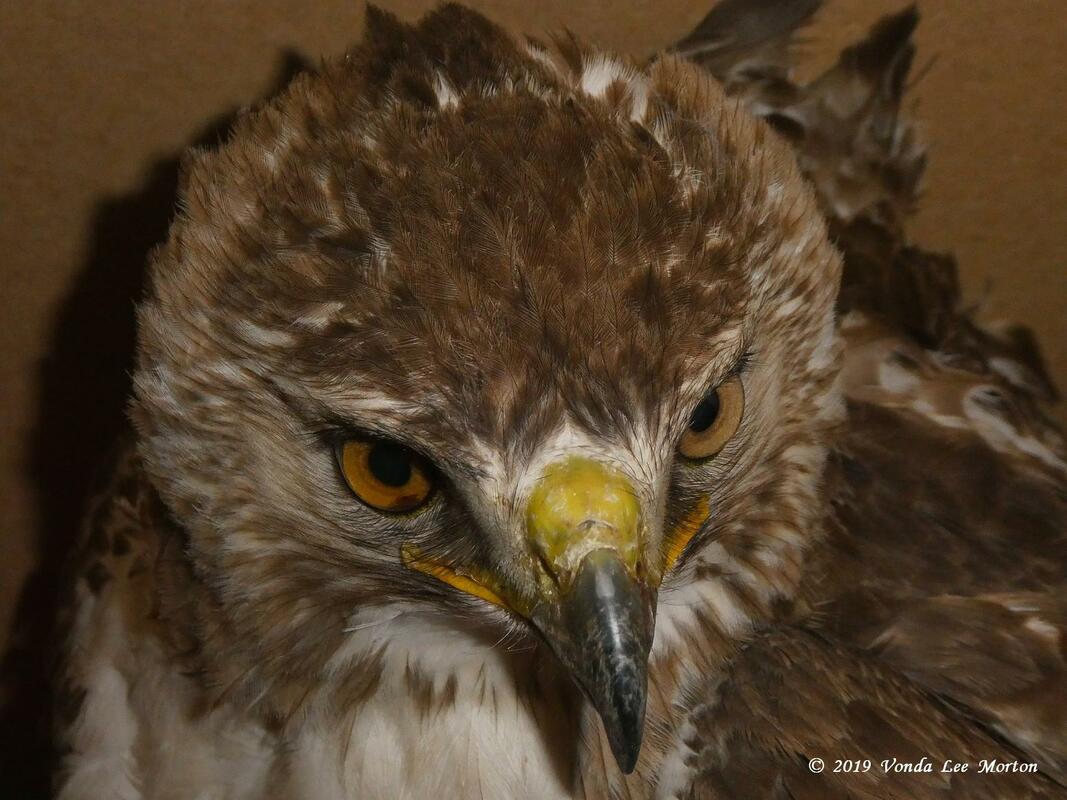
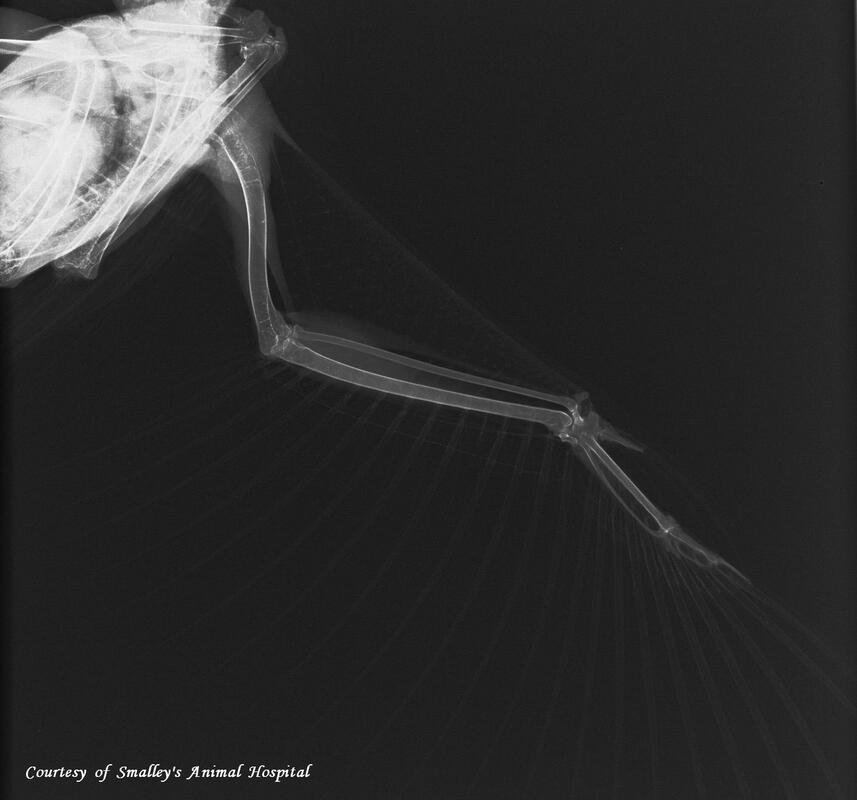
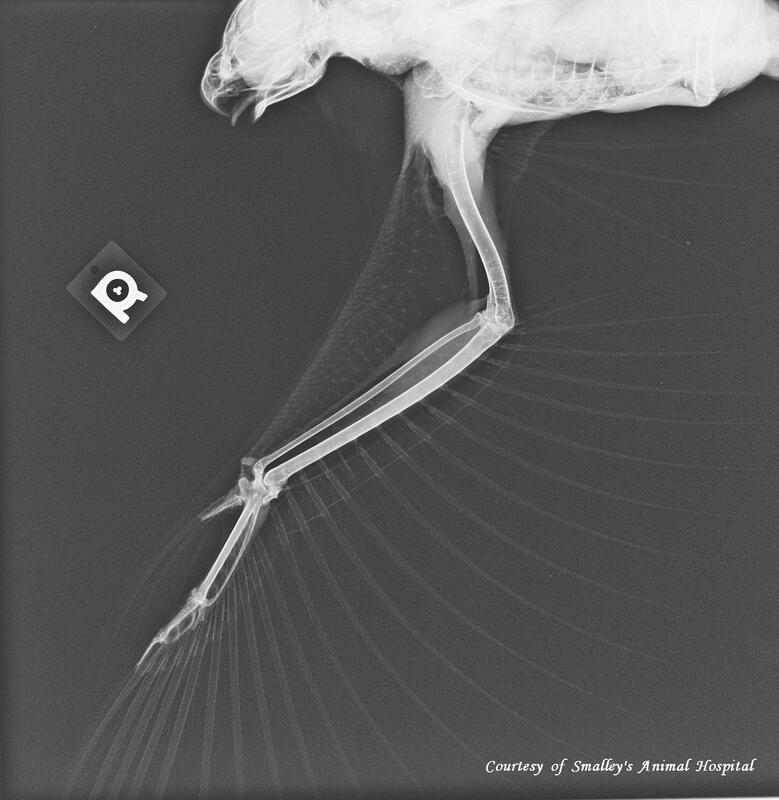
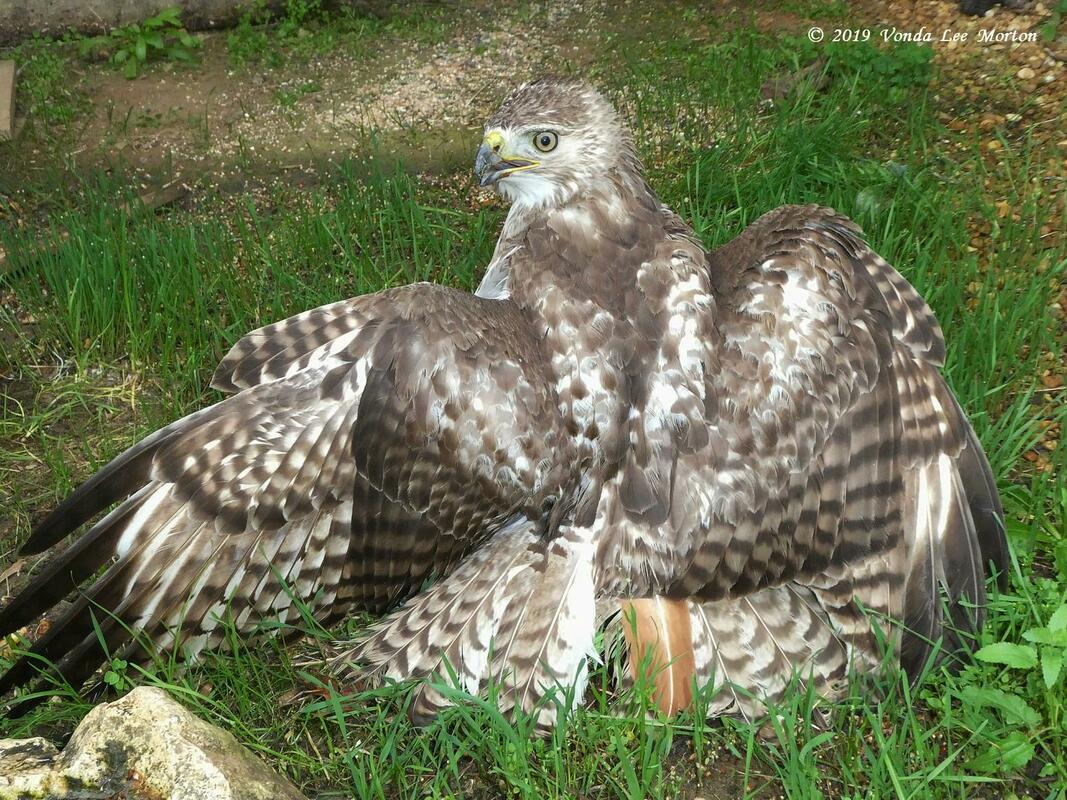
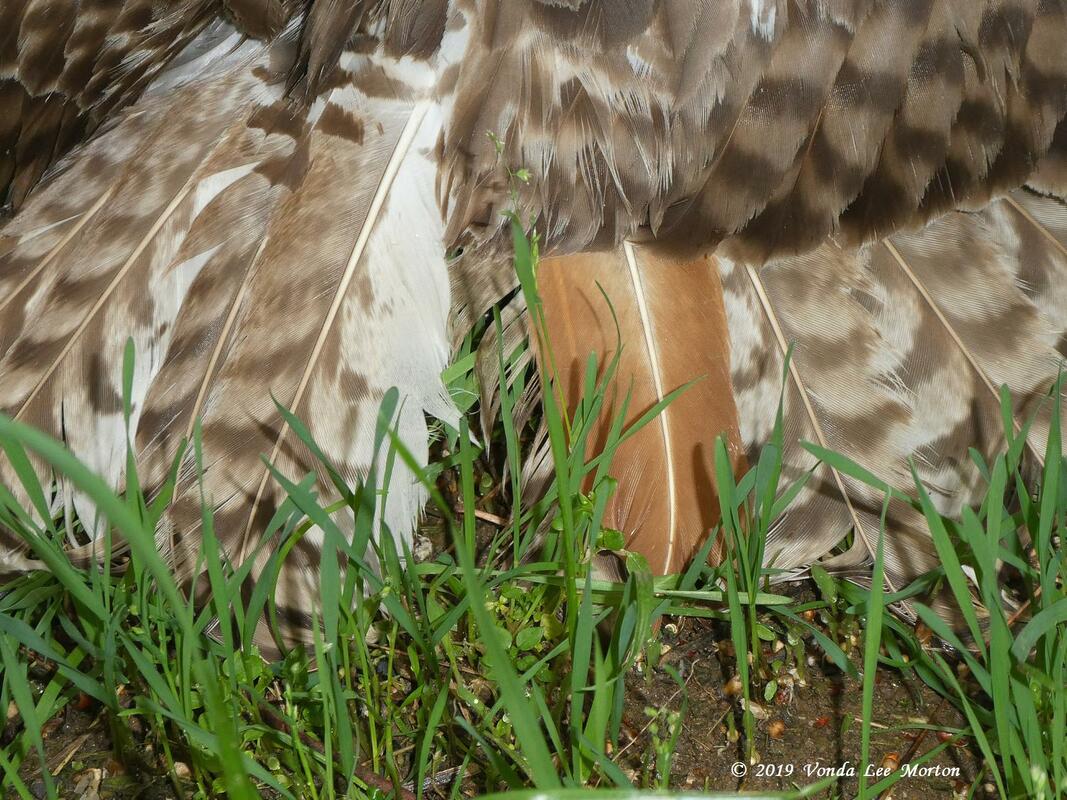
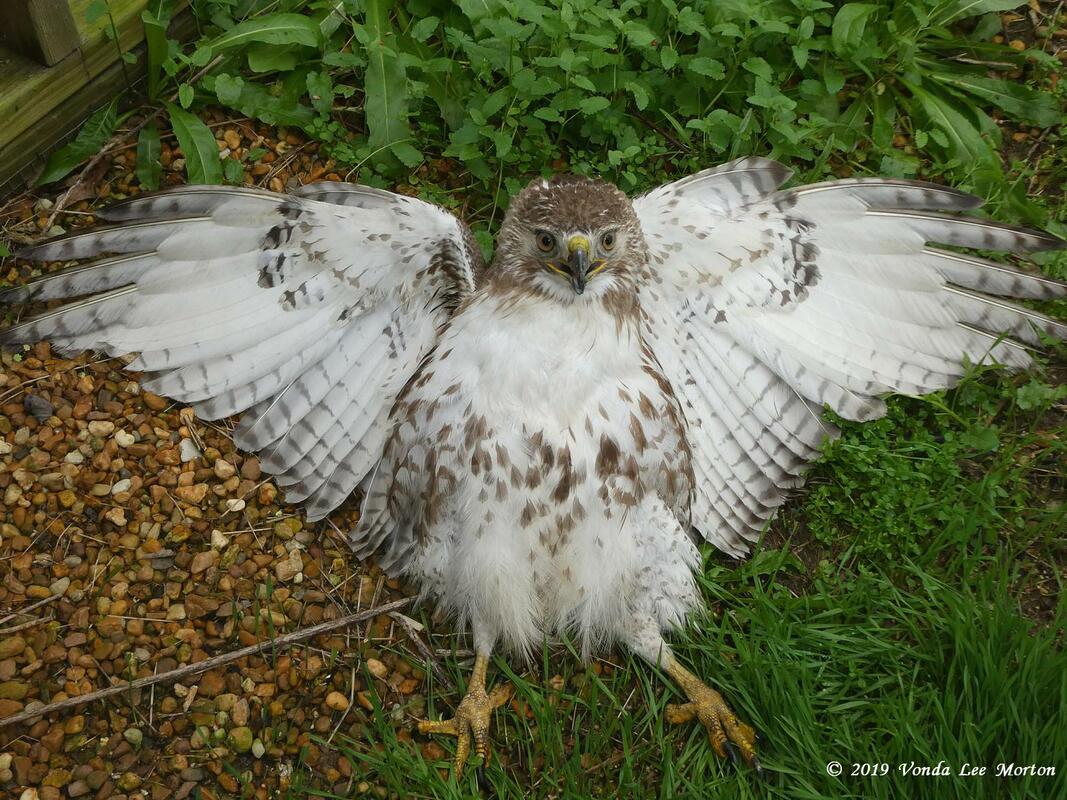
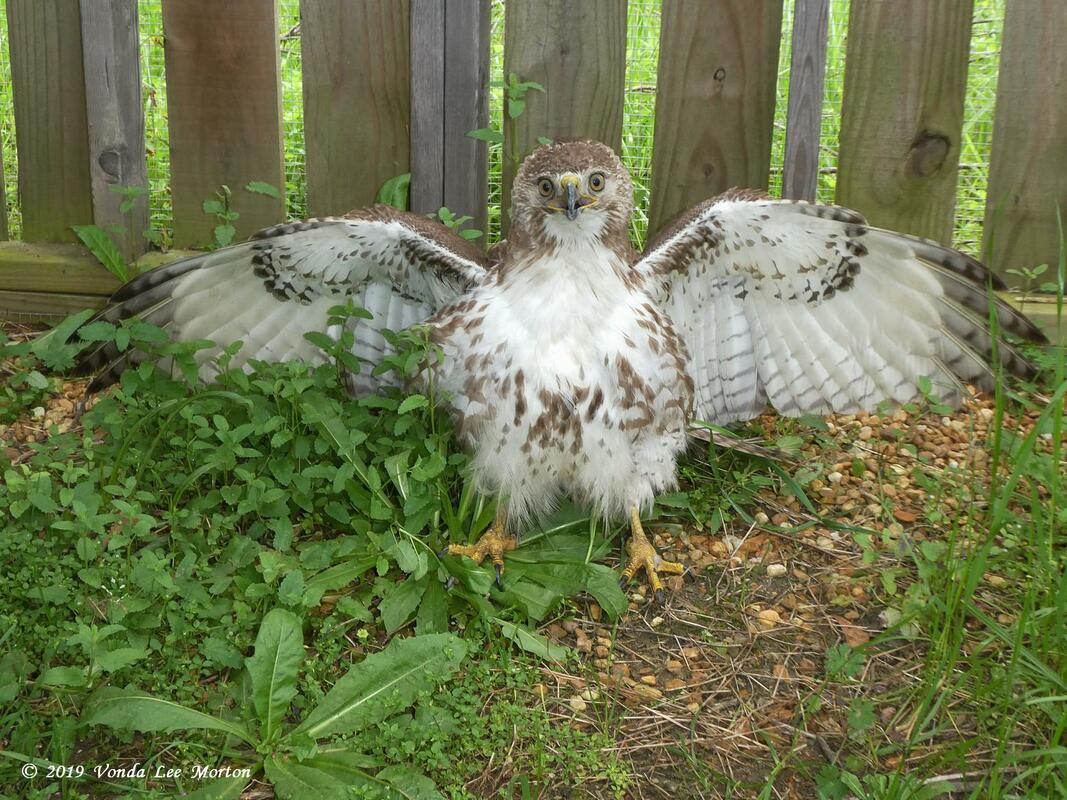


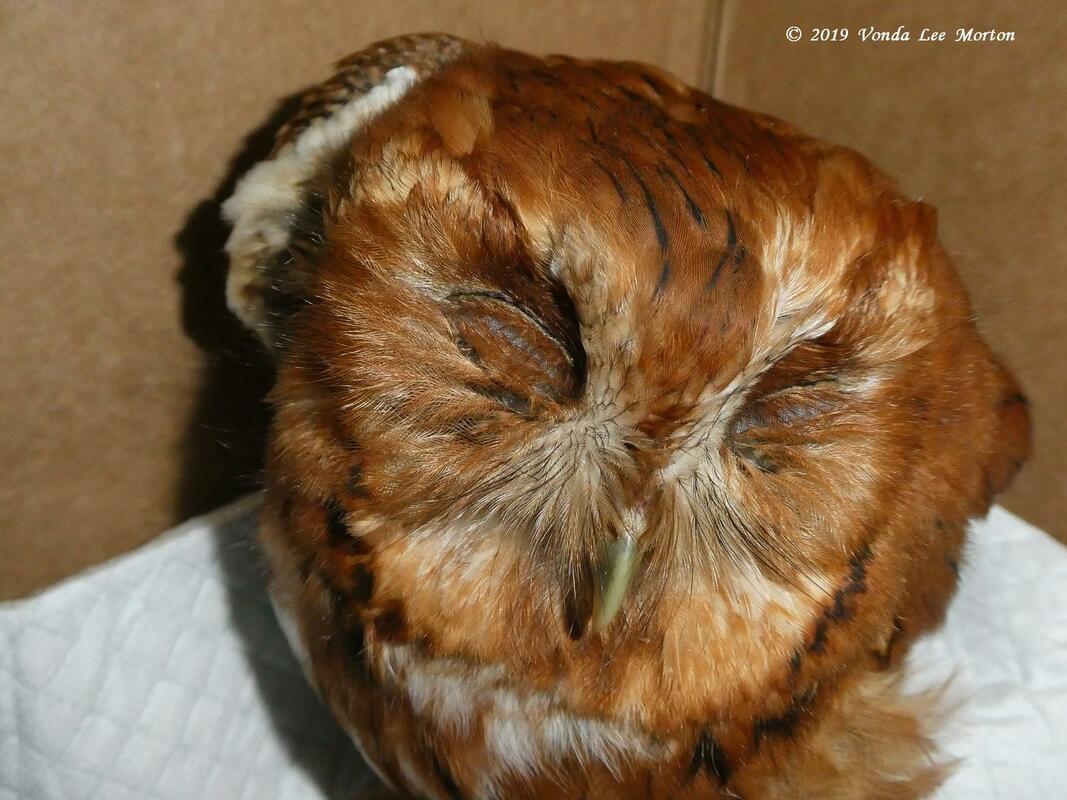
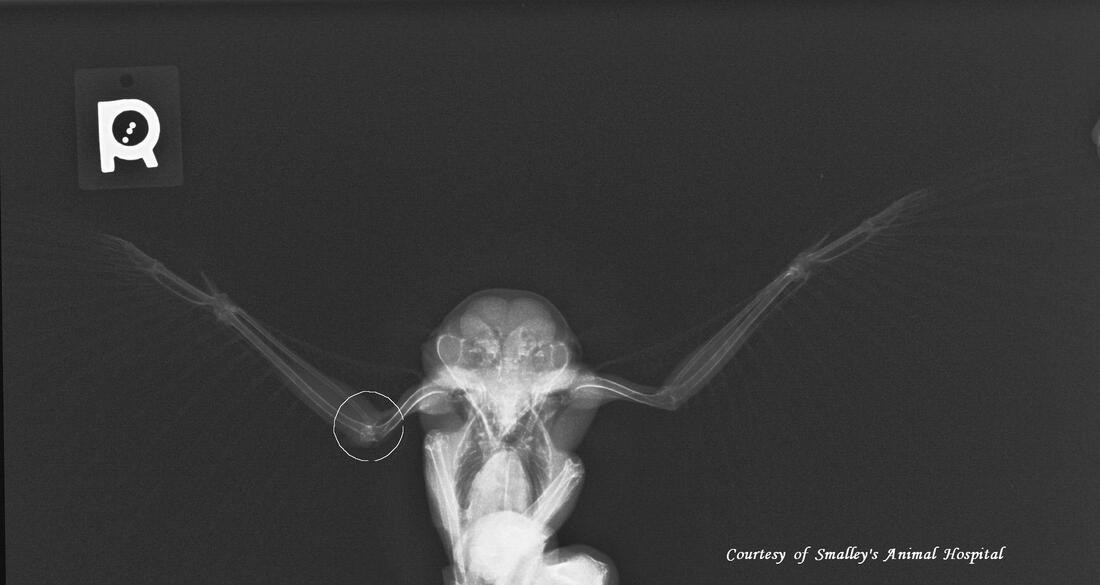
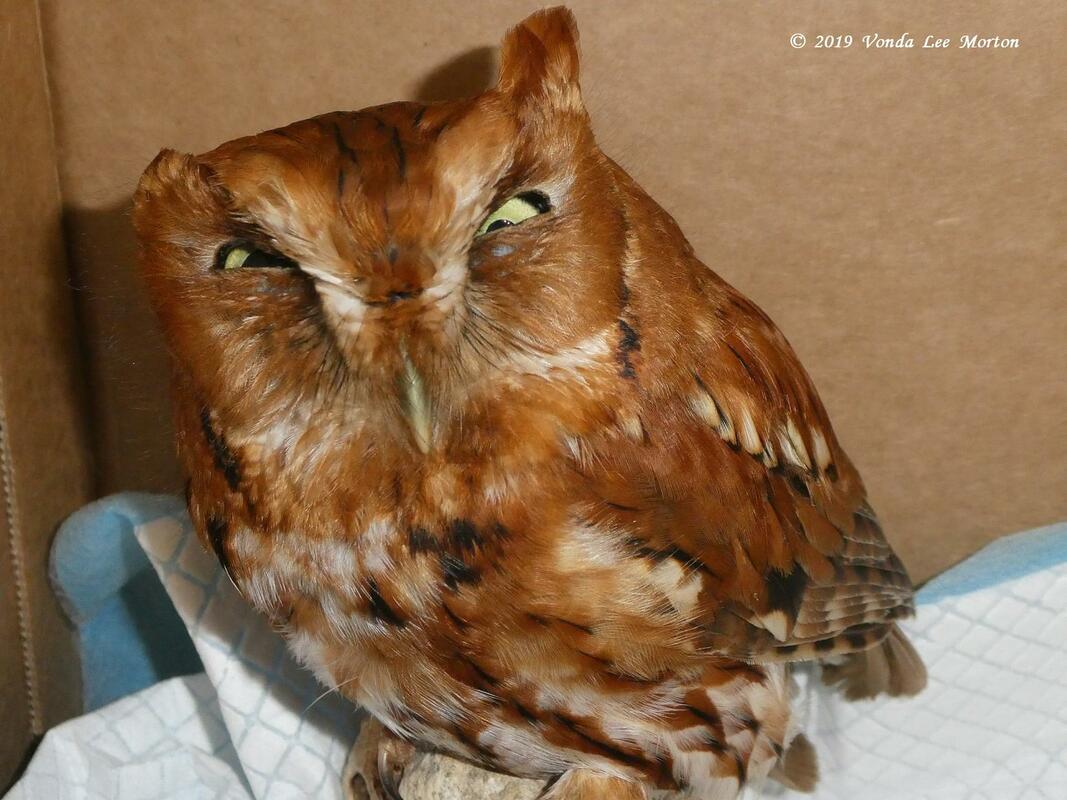

 RSS Feed
RSS Feed
